
Francisco Franco
Birthday: Born in 1892-12-04 in Ferrol, Spain
Deathday: 1975-11-20
Francisco Franco Bahamonde (4 December 1892 – 20 November 1975) was a Spanish general who led the Nationalist forces in overthrowing the Second Spanish Republic during the Spanish Civil War and thereafter ruled over Spain from 1939 to 1975 as a dictator, assuming the title Caudillo. This period in Spanish history, from the Nationalist victory to Franco's death, is commonly known as Francoist Spain or as the Francoist dictatorship.
TV Credits
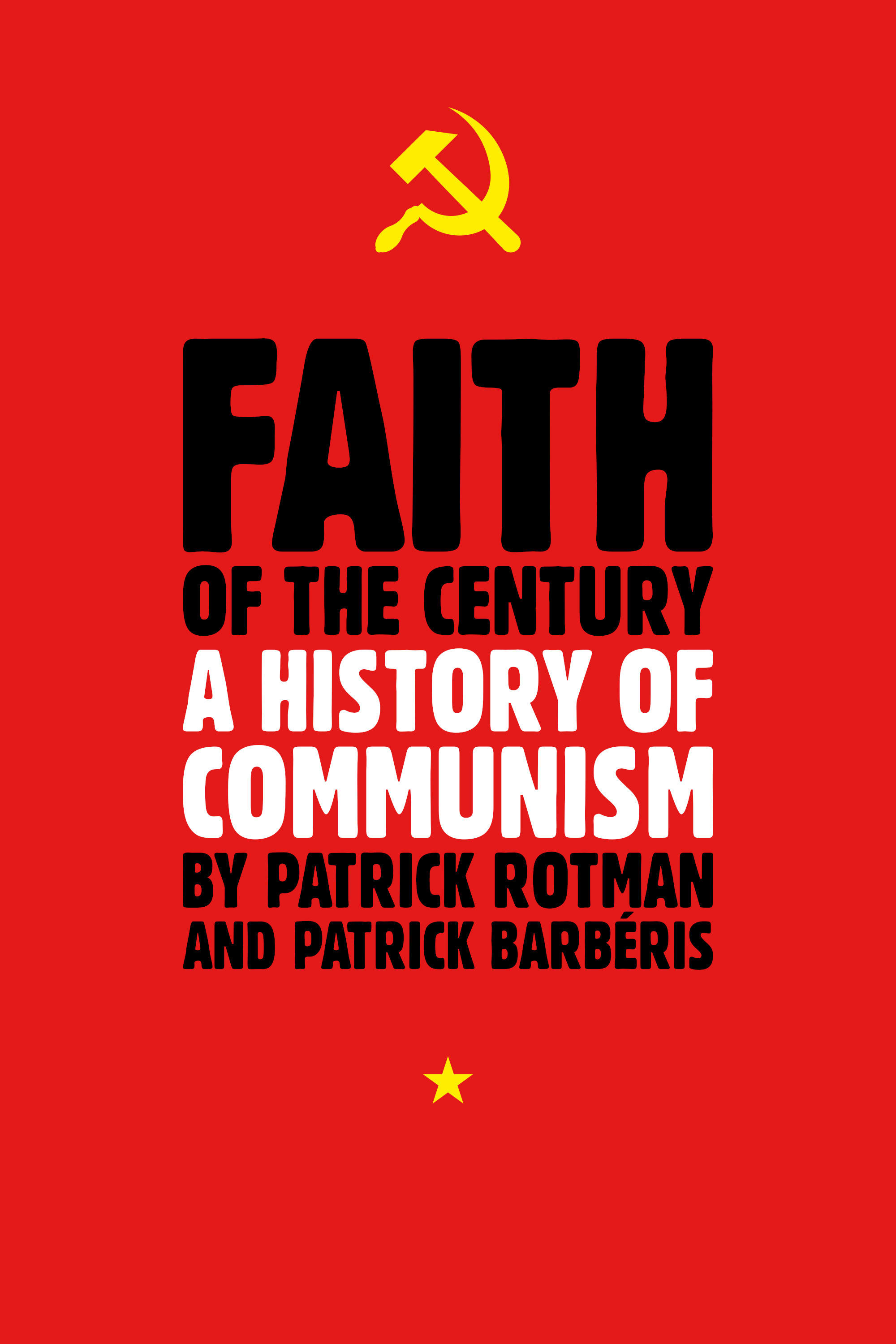
La Foi du siècle
Character: Self (archive footage)
Communism spread to all of the continents of the word, lasting through four generations and over seven decades. Hundreds of millions of men and women were affected by this political system, one of the most unjust and bloodiest in history. Using newly discovered propaganda films and archival photos, these four episodes explore the mysteries of this totalitarian political machine that lured its share of important followers into the fold. Known as the red church, communism seduced its ardent follow...
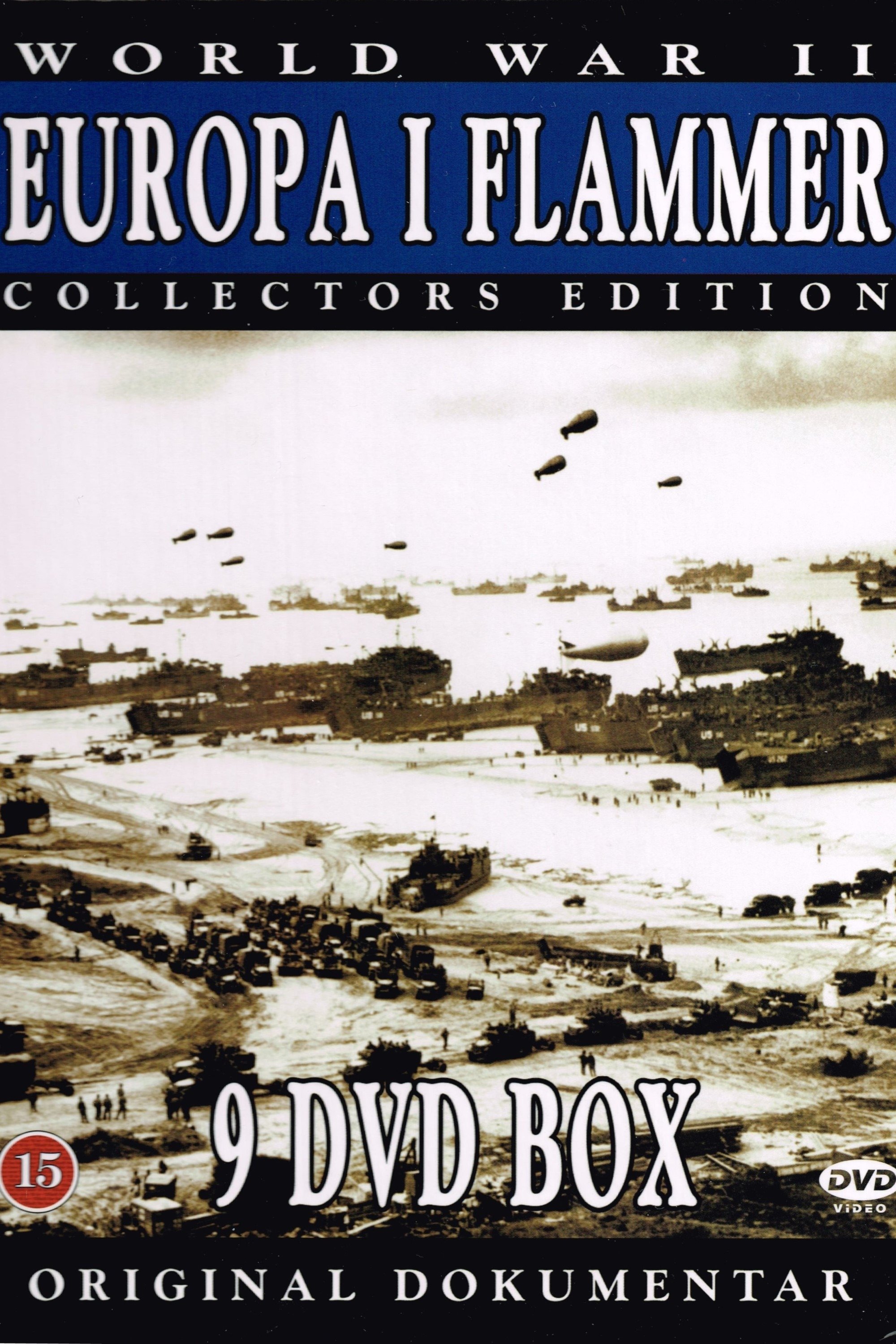
Crusade in Europe
Character: Self (archive footage)
...
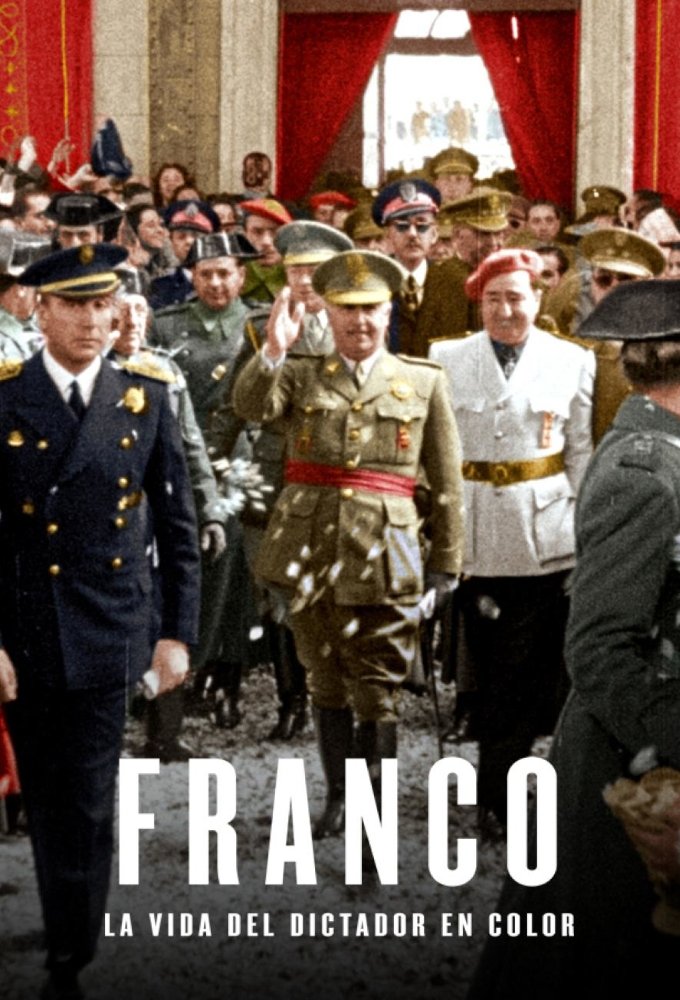
Franco. La vida del Dictador en color
Character:
...
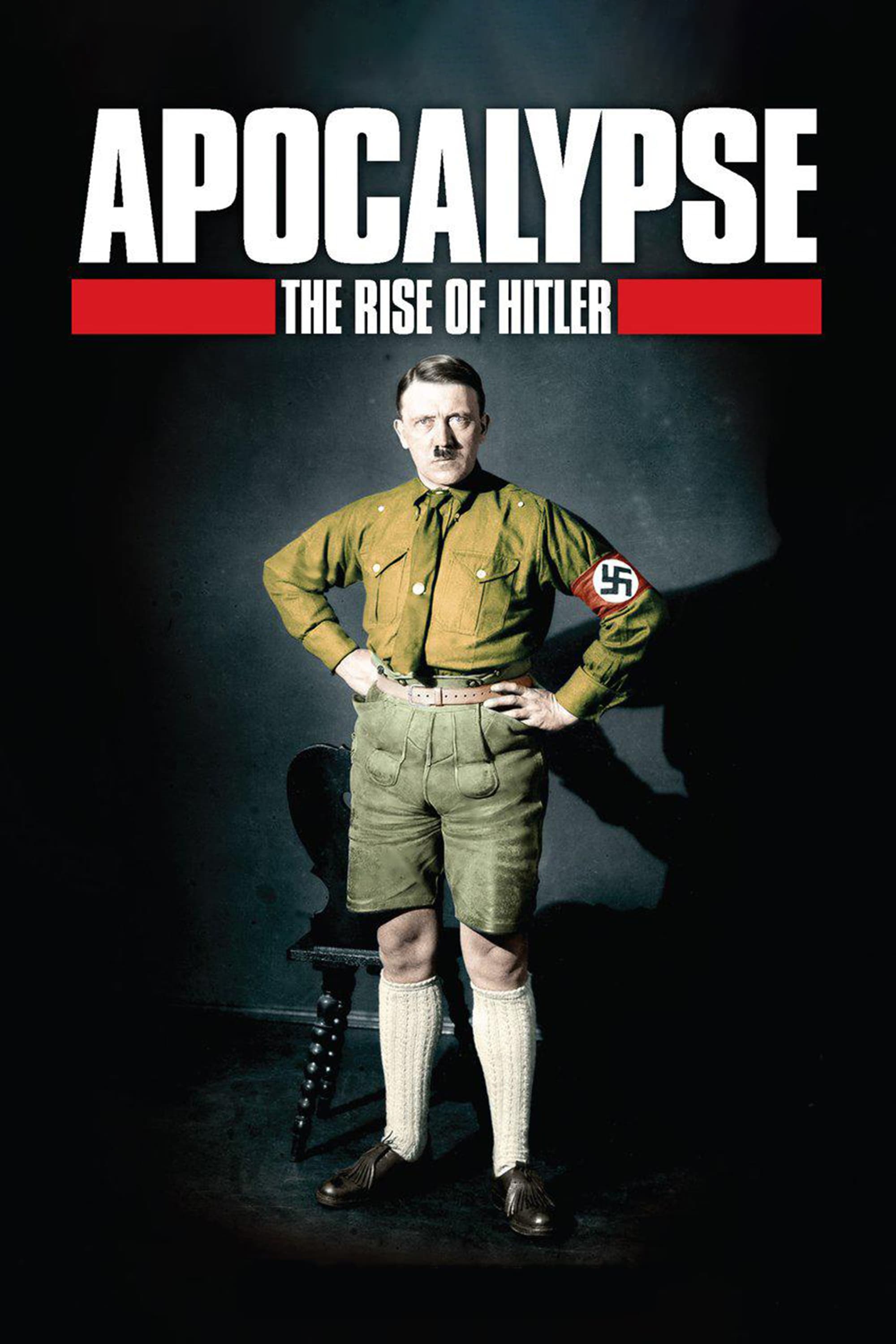
Apocalypse, Hitler
Character: Self (archive footage)
Adolf Hitler (1889-1945) was a mediocre who rose to power because of the blindness and ignorance of the Germans, who believed he was nothing more than an eccentric dreamer. But when the crisis of 1929 devastated the economy, the population, fearful of chaos and communism, voted for him. And no one defended democracy. As the dictatorship extended its relentless shadow, the leader claimed peace, but was preparing the Apocalypse....
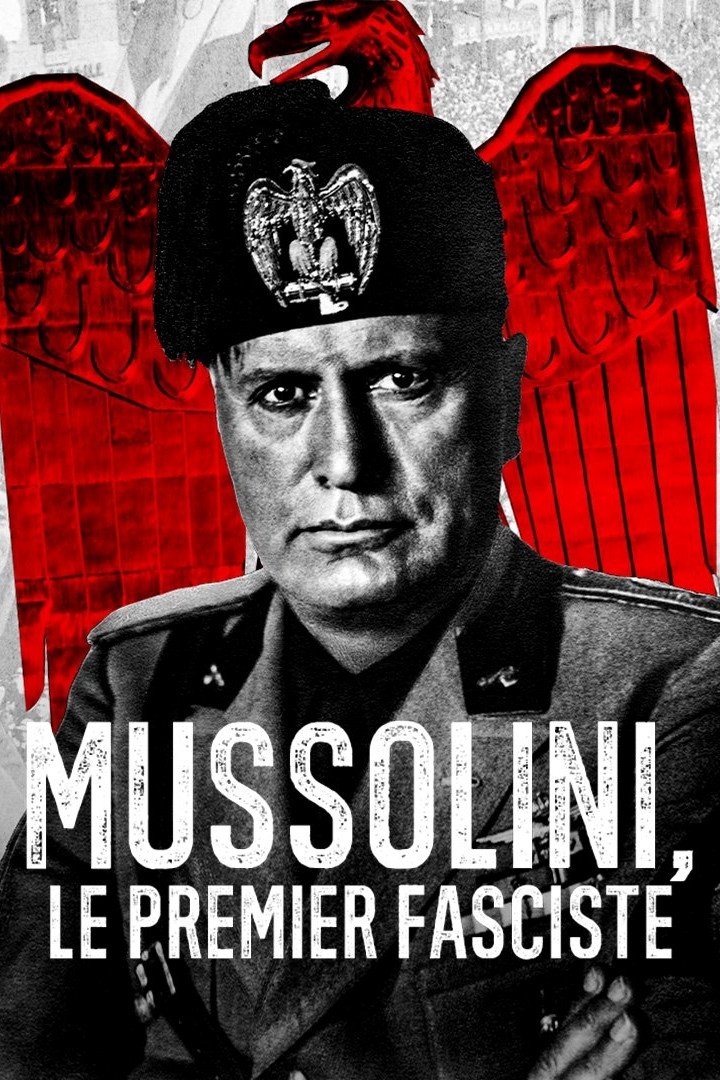
Mussolini, le premier fasciste
Character: Self (archive footage)
Mussolini seized power in Italy in 1922, after his March on Rome. He would hold it in his grasp until his death in 1945, establishing a dictatorship that lasted more than 20 years. Long considered a buffoon and a second-rate dictator, Il Duce invented fascism that was imitated by Hitler, who viewed the Italian as his political master. He wanted to transform his country into a warrior nation and promised Italians a return to the grandeur of the Roman Empire. He governed by violence and trickery a...
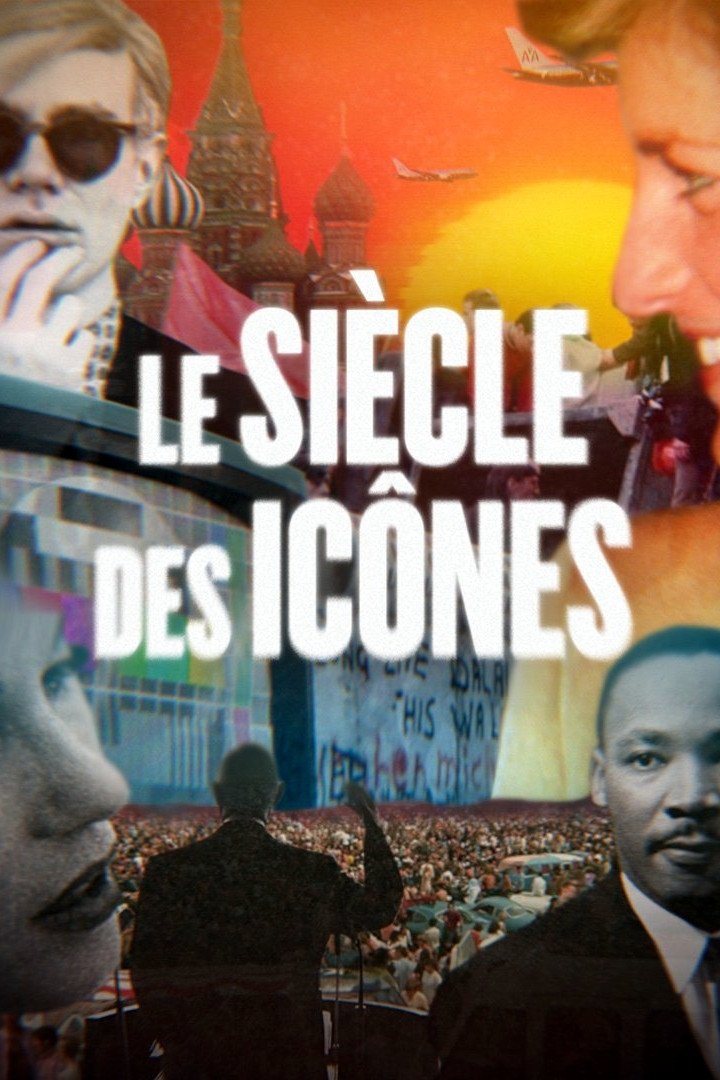
Le Siècle des icônes
Character: Self (archive footage)
...

Kimeres
Character: Self (archive footage)
...
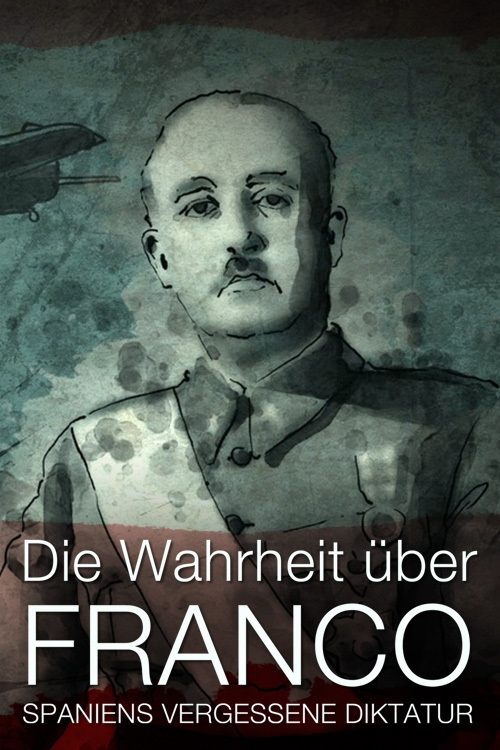
Die Wahrheit über Franco
Character: Self (archive footage)
Using extensive research, this five-part docuseries takes a comprehensive look at Francisco Franco's turbulent, decades-long regime....
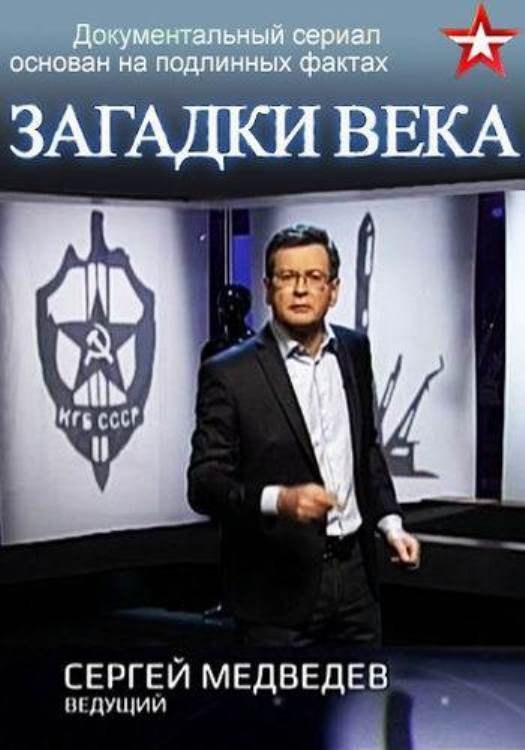
Загадки века с Сергеем Медведевым
Character: Self (archive footage)
...
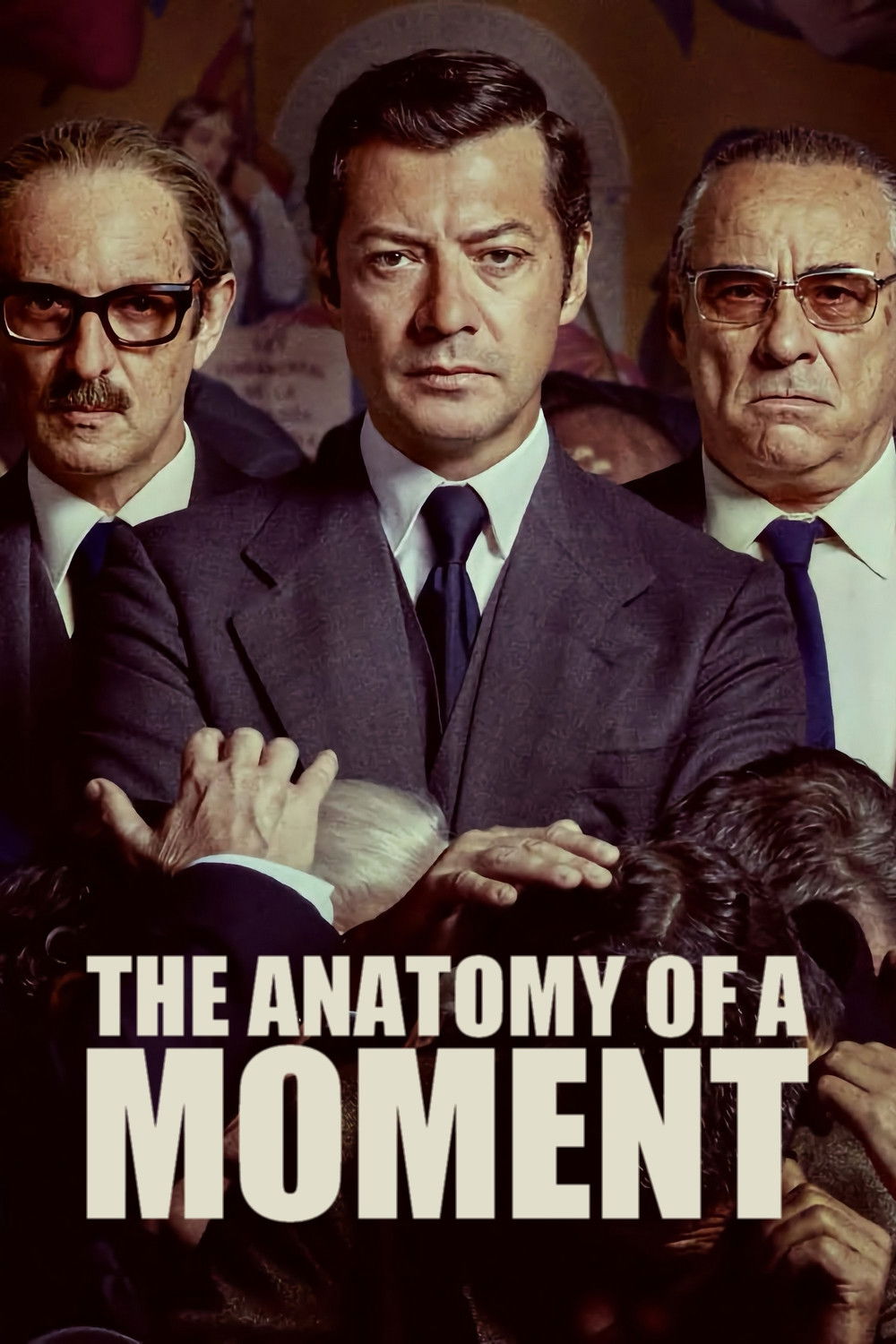
Anatomía de un instante
Character: Self (archive footage)
Madrid, Spain, February 23, 1981. A group of Civil Guards storm into the Congress of Deputies and terrorize those present by firing shots into the air. Only three men remain unmoved: Prime Minister Adolfo Suárez; Vice President Manuel Gutiérrez Mellado; and Santiago Carrillo, leader of the Communist Party....
Movie Credits
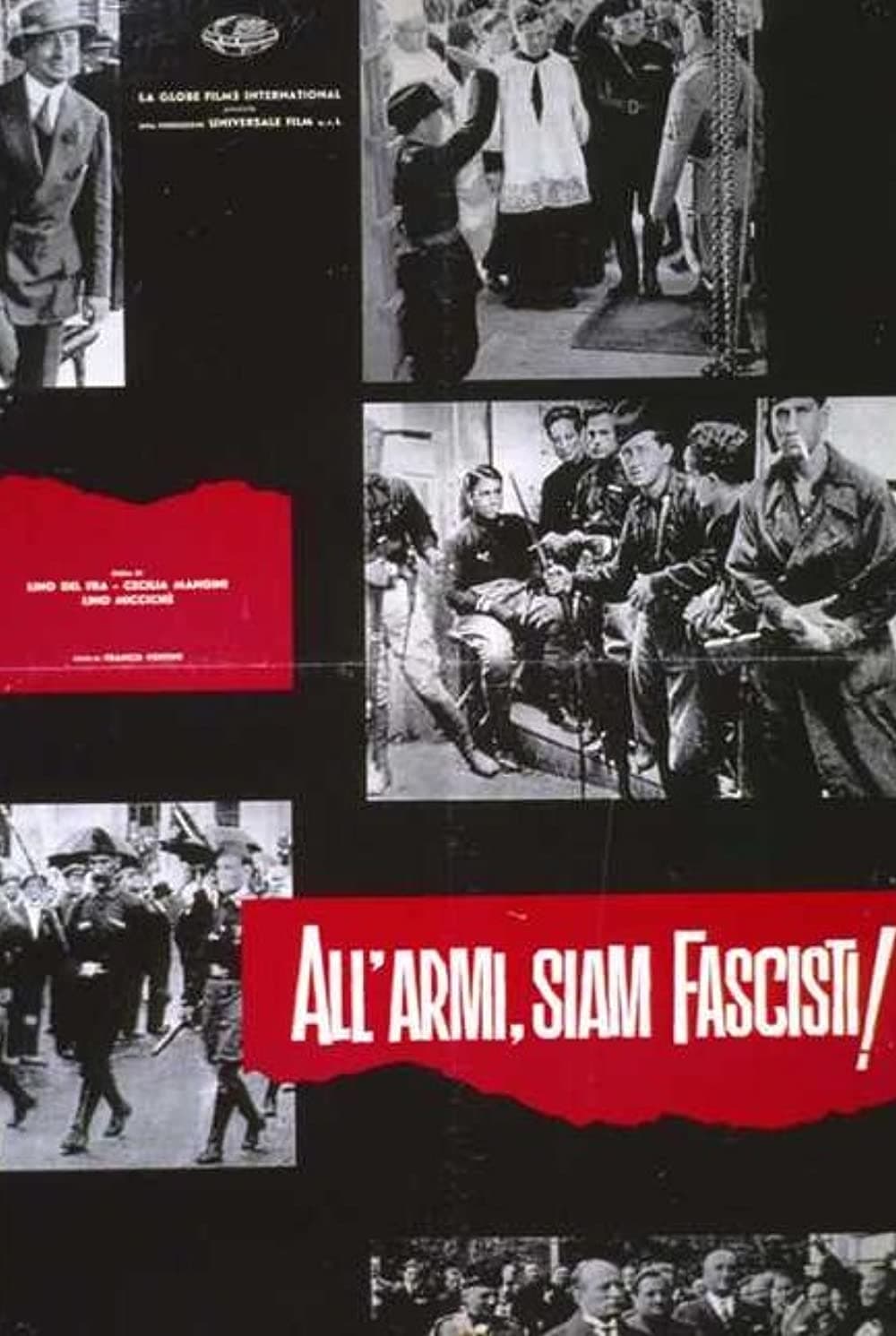
To Arms, We Are Fascists!
Character: Self (archive footage) (uncredited)
Documentary compiled from archives and accompanied by a poet's commentary, shows the sweep of modern Italian history from 1911 to 1961, centering on the conditions leading to Fascism and the post-WWII reaction to the Fascist experience....
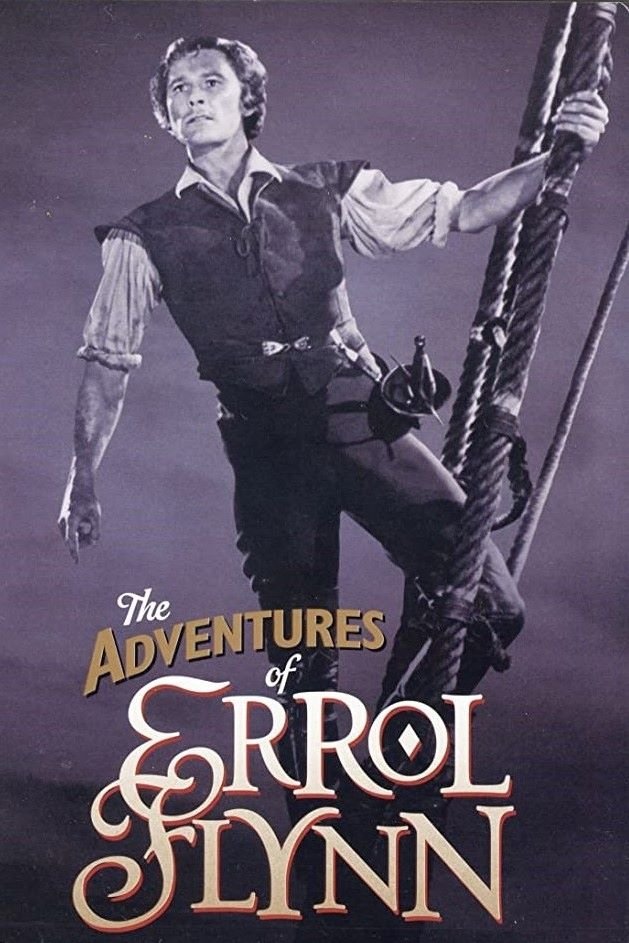
The Adventures of Errol Flynn
Character: Self (archive footage)
A documentary about the life of Errol Flynn, with recollections from friends and family....
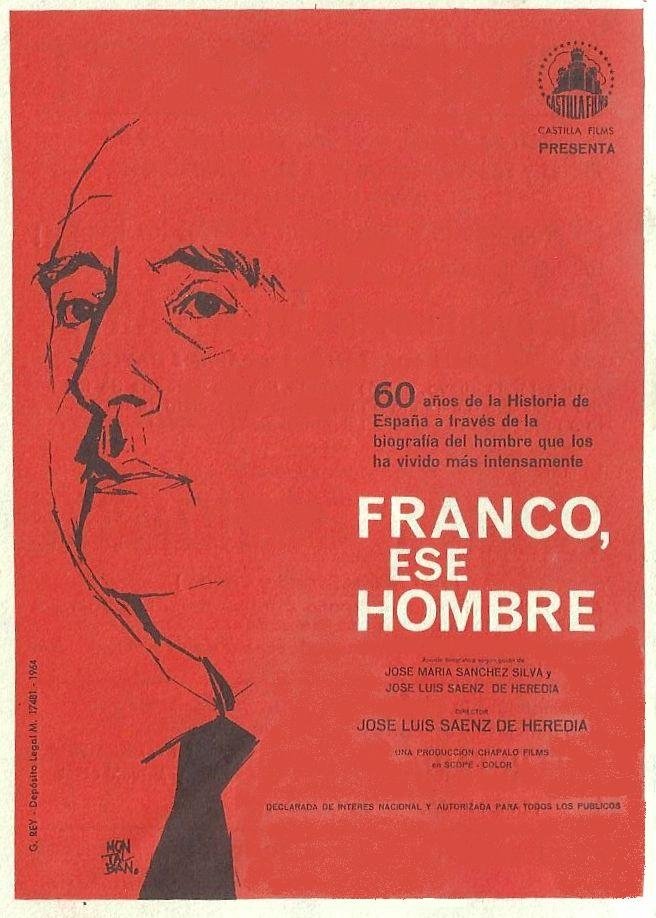
Franco, ese hombre
Character: Self (archive footage)
A documentary that takes a broad overview of the life of the dictator, which is a review of the history of the twentieth century so far. Thus, the main events of the century are analyzed through the experience of Franco, who starred in many of them in this historic document which brings together, among others, Alfonso XIII, Mussolini, Lenin, Primo de Rivera, Azaña or Roosevelt....

Human Remains
Character: Self (archive footage)
Human Remains is a haunting documentary which illustrates the banality of evil by creating intimate portraits of five of the 20th century's most reviled dictators. The film unveils the personal lives of Adolf Hitler, Benito Mussolini, Joseph Stalin, Francisco Franco and Mao Tse Tung. We learn the private and mundane details of their everyday lives -- their favorite foods, films, habits and sexual preferences. There is no mention of their public lives or of their place in history. The intentional...
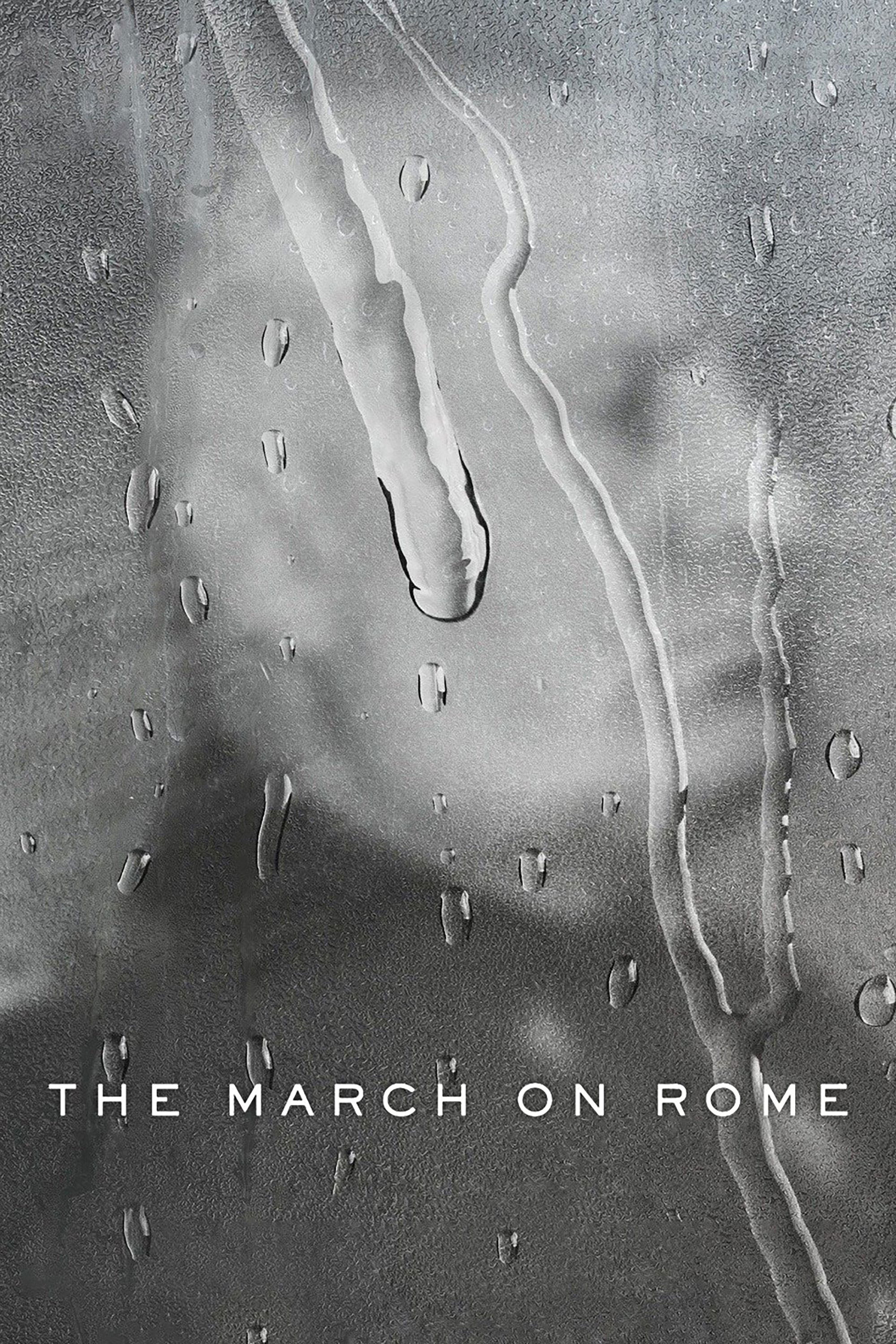
The March on Rome
Character: Self - Politician (archive footage)
The fascinating story of the rise to power of dictator Benito Mussolini (1883-1945) in Italy in 1922 and how fascism marked the fate of the entire world in the dark years to come....
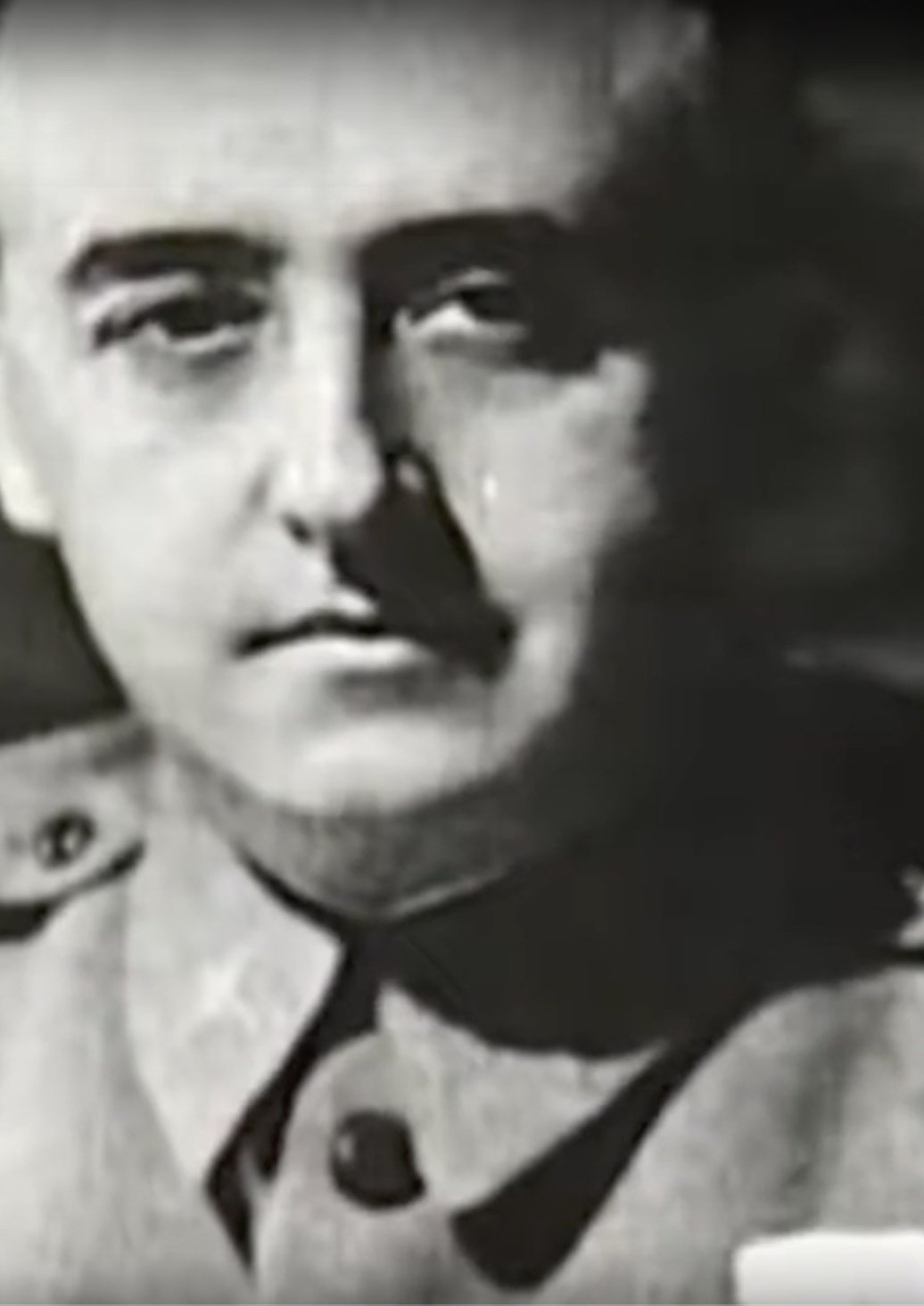
Franco, el centinela de occidente
Character:
...
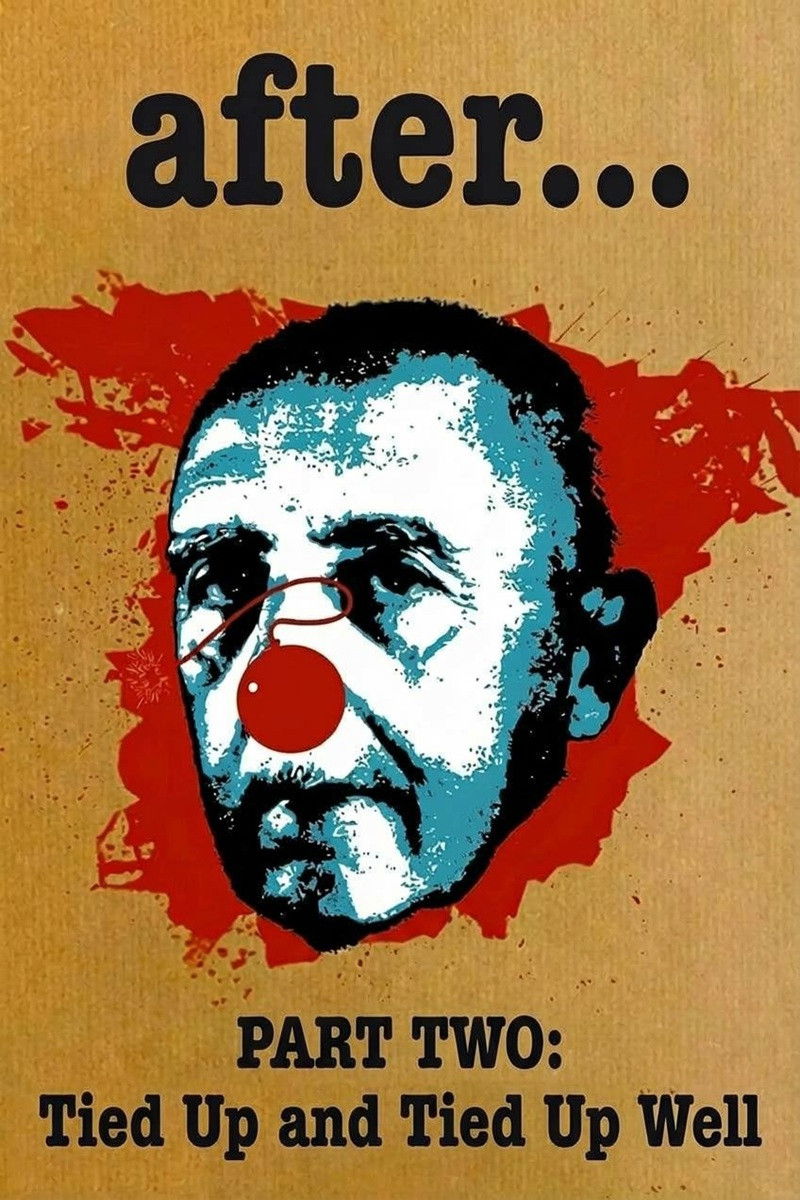
Después de… Segunda parte: atado y bien atado
Character: Self (archive footage)
A history of the Spanish Transition told in first person by the main protagonists: on the one hand, the politicians, idealistic or merely opportunistic, who brought it to a successful conclusion in the tribunes and offices; on the other hand, the citizens who, in the streets, supported it sincerely or fought it with ferocity....
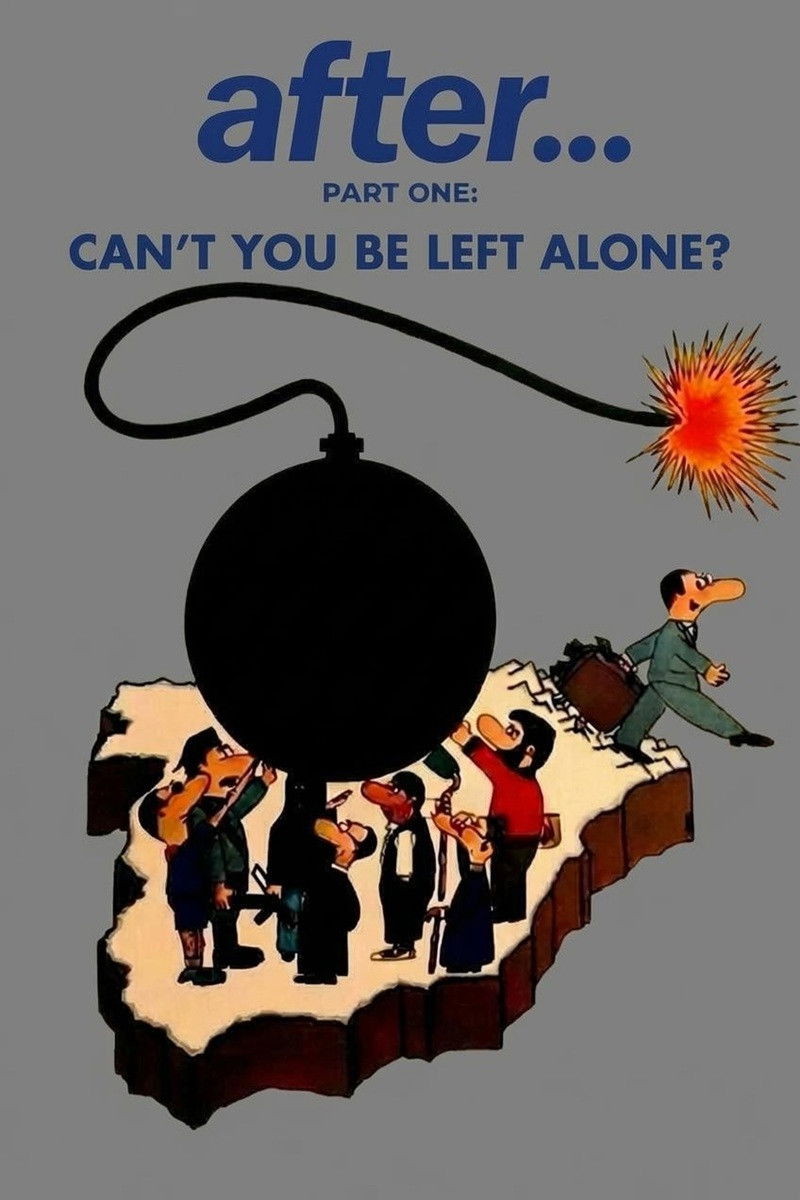
Después de… Primera parte: no se os puede dejar solos
Character: Self (archive footage)
A history of the Spanish Transition told in first person by the main protagonists: on the one hand, the politicians, idealistic or merely opportunistic, who brought it to a successful conclusion in the tribunes and offices; on the other hand, the citizens who, in the streets, supported it sincerely or fought it with ferocity....

Caudillo
Character: Himself (archive footage)
Caudillo is a documentary film by Spanish film director Basilio Martín Patino. It follows the military and political career of Francisco Franco and the most important moments of the Spanish Civil War. It uses footage from both sides of the war, music from the period and voice-over testimonies of various people....
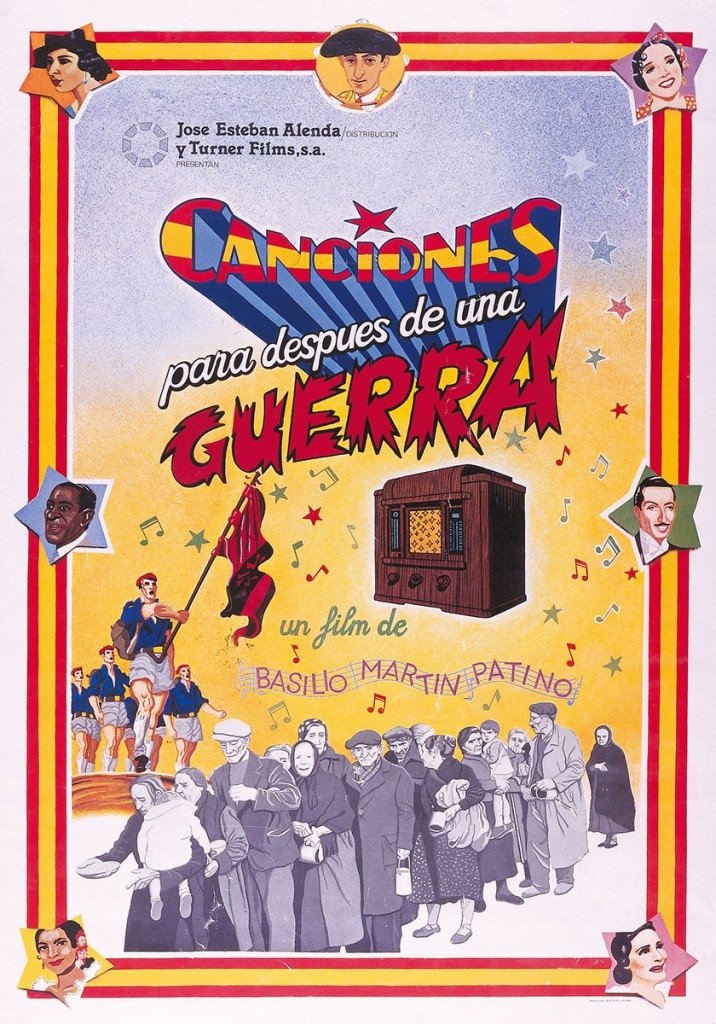
Songs for After a War
Character: Self (archive footage)
A particular reading of the hard years of famine, repression and censorship after the massacre of the Spanish Civil War (1936-39), through popular culture: songs, newspapers and magazines, movies and newsreels....
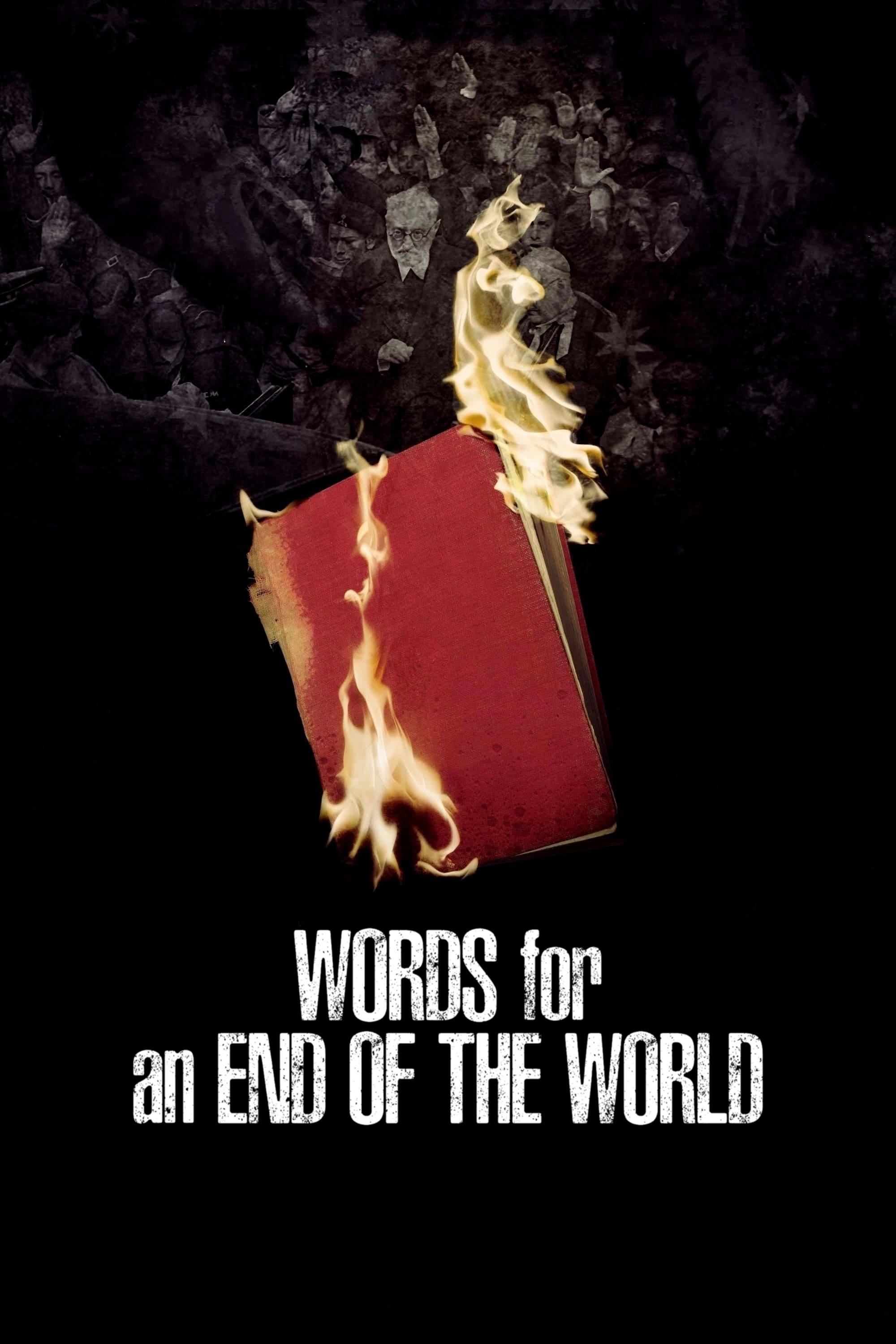
Words for an End of the World
Character: Self - Politician (archive footage)
Spain, April 14, 1931. The Second Republic is born. From the beginning, the writer Miguel de Unamuno is considered one of the ethical pillars of the new regime. Five years later, on December 31, 1936, a few months after the outbreak of the Spanish Civil War (1936-39), Unamuno dies at his home in Salamanca, capital of the rebel side, led by General Francisco Franco, and main center of dissemination of its propaganda apparatus....
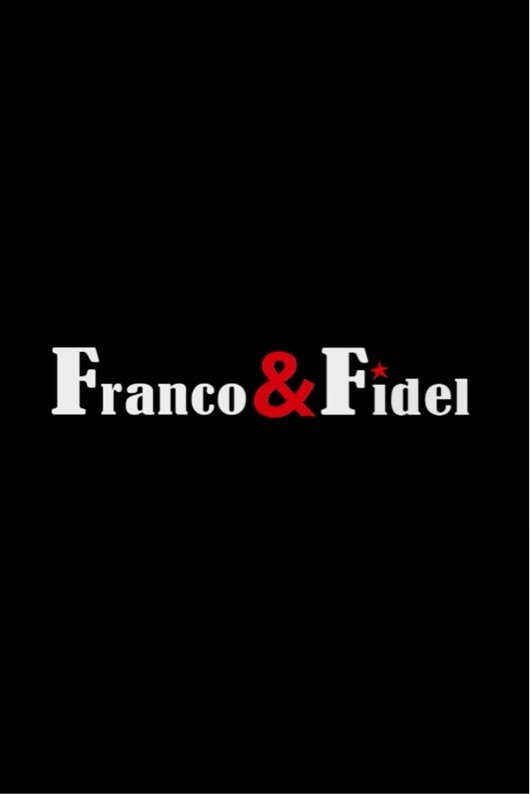
Franco and Fidel: A Strange Friendship
Character: Himself
The Spanish dictator Francisco Franco was a rabid anti-Communist and a staunch ally of the United States. But that did not keep him from forging a friendship with a Communist nation that was America's sworn enemy: Fidel Castro's Cuba. The Spanish dictator Francisco Franco was a rabid anti-Communist and a staunch ally of the United States. But that did not keep him from forging a friendship with a Communist nation that was America's sworn enemy: Fidel Castro's Cuba....
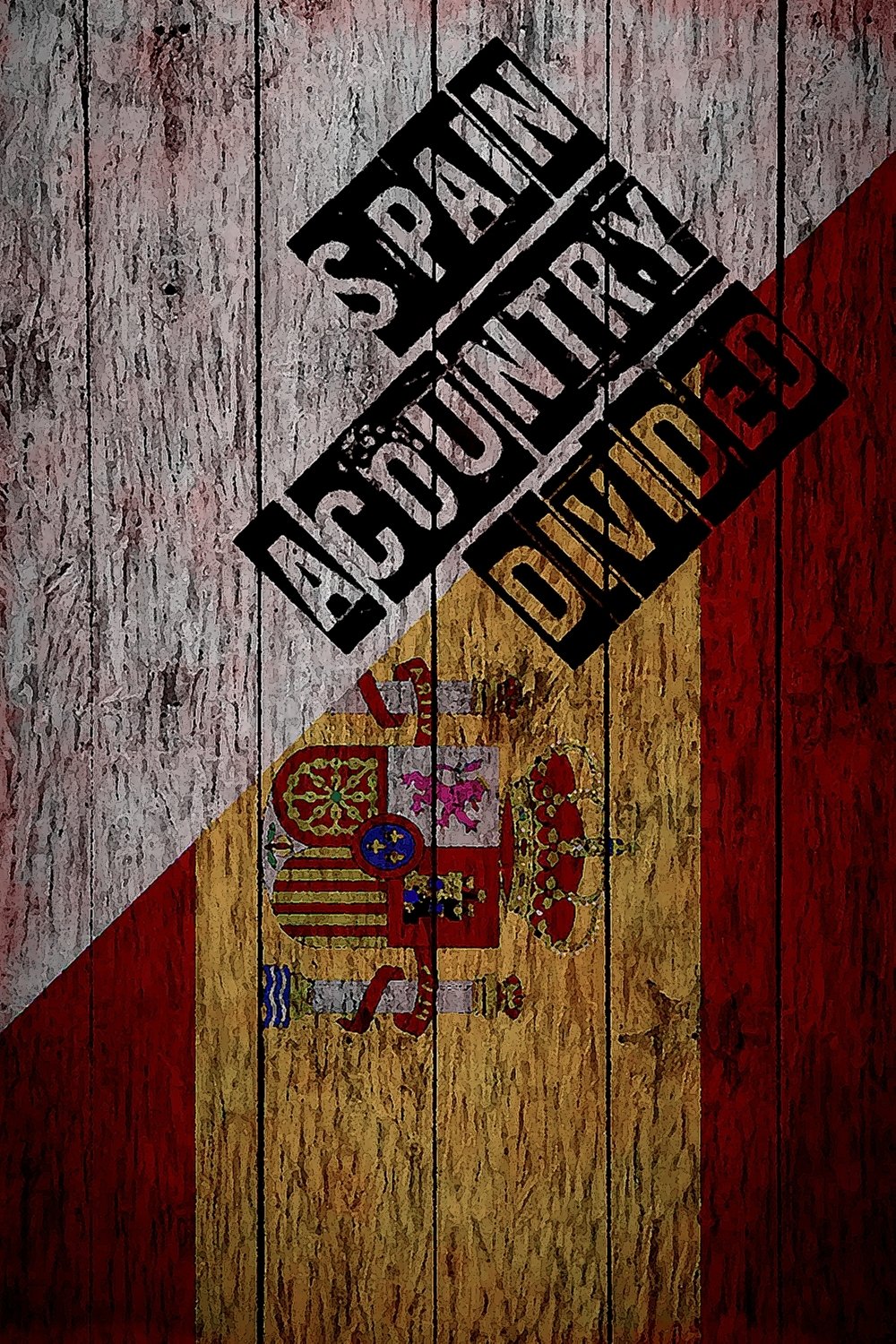
Spain: A Country Divided
Character: Self - Politician (archive footage)
Obsessively referring to the traumas and wounds that the Spanish civil war (1936-39) and Franco's dictatorship (1939-75) caused in their day no longer serves to explain the impassable abyss of incomprehension and hatred that the abject policies and radical positions adopted by both the right and the left in recent decades have opened up before the citizens of a country that is barely known beyond hackneyed cultural clichés....
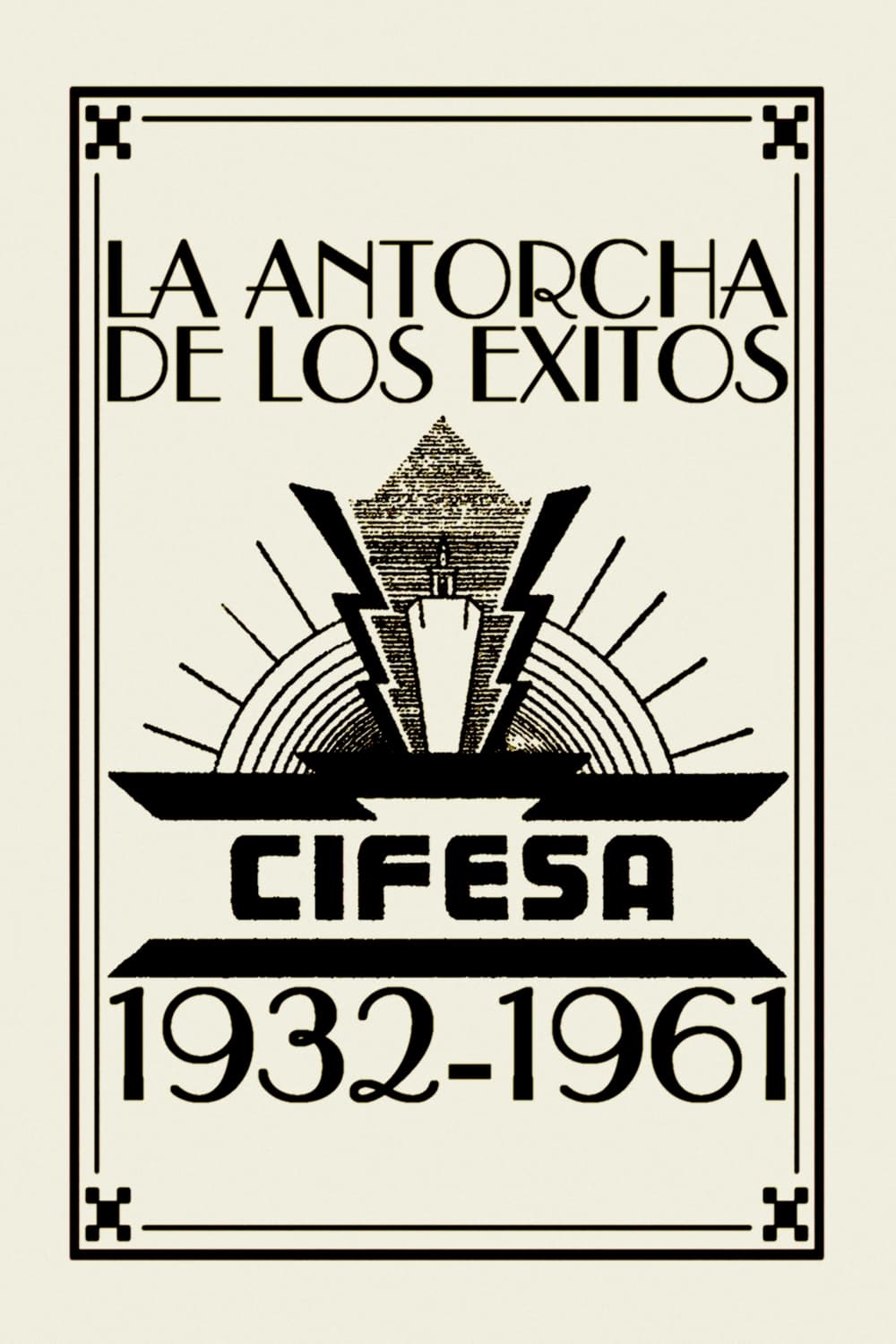
La Antorcha de los Éxitos: Cifesa (1932-1961)
Character: Self - Politician (archive footage)
The amazing story of Cifesa, a mythical film production company founded in Valencia by the Casanova family that managed to dominate the box office during the turbulent times of the Second Spanish Republic, the carnage of the Civil War and the hardships of the long post-war period and Franco's dictatorship — and survive until the sixties, when Spain was timidly beginning to change....
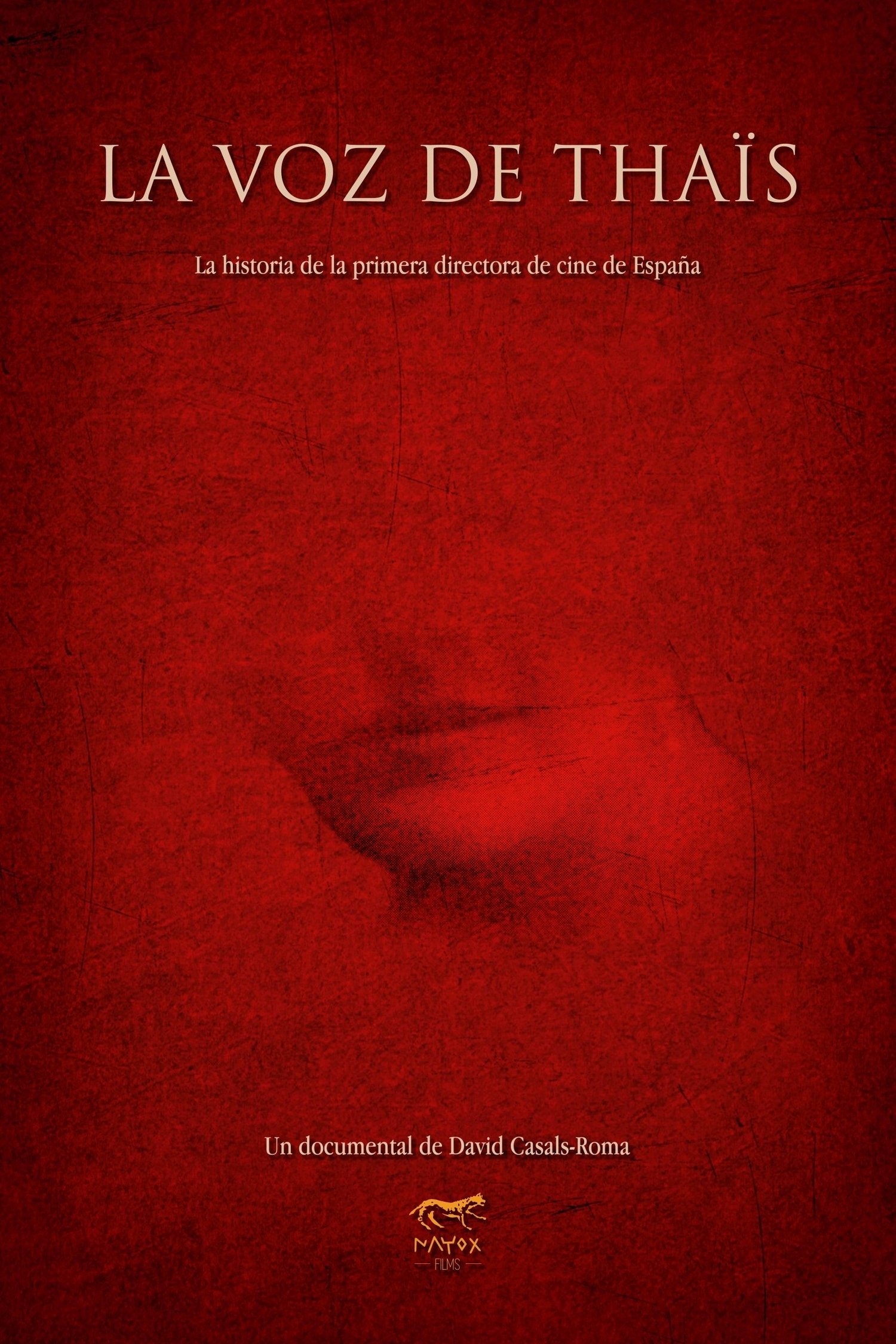
The Voice of Thaïs
Character: Self - Politician (archive footage)
Clara Mingueza, an actress from Barcelona, sets out to move the mortal remains of Elena Jordi (1882-1945), vaudeville star, actress and the first woman director of Spanish cinema, to her hometown, while trying to find a copy of Thaïs, the only film she directed....
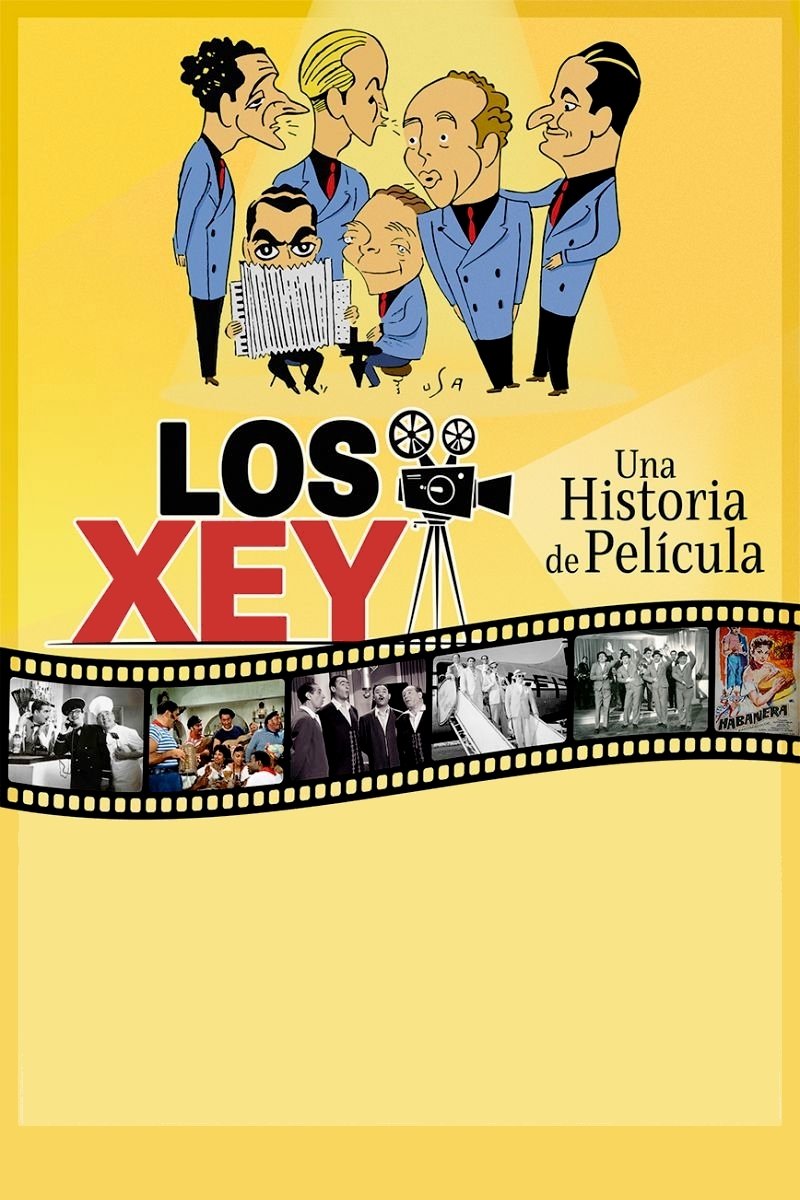
Los Xey: A Real Movie Story
Character: Self - Politician (archive footage)
The incredible story of Los Xey, a musical group born in San Sebastián, Spain, in 1940, which achieved and maintained an extraordinary worldwide success until its dissolution in 1961....
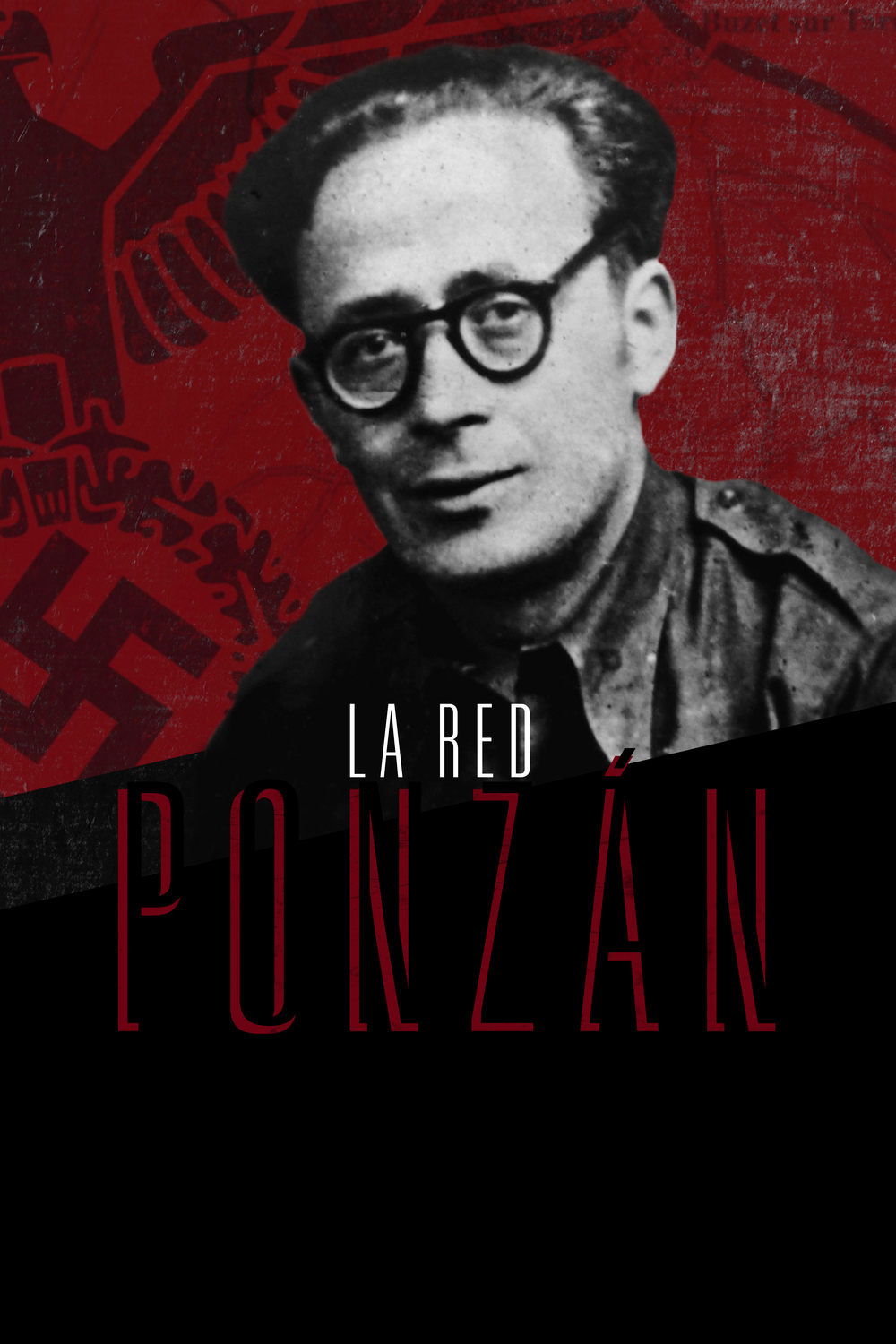
The Ponzán Network
Character: Self - Politician (archive footage)
During the Spanish Civil War (1936-1939) and the Second World War (1939-1945), around three thousand people managed to elude their pursuers, and probably also avoided being killed, thanks to the heroic and very efficient efforts of the Ponzán Team, a brave group of people — mountain guides, forgers, safe house keepers and many others —, led by Francisco Ponzán Vidal, who managed to save their lives, both on one side and the other of the border between Spain and France....
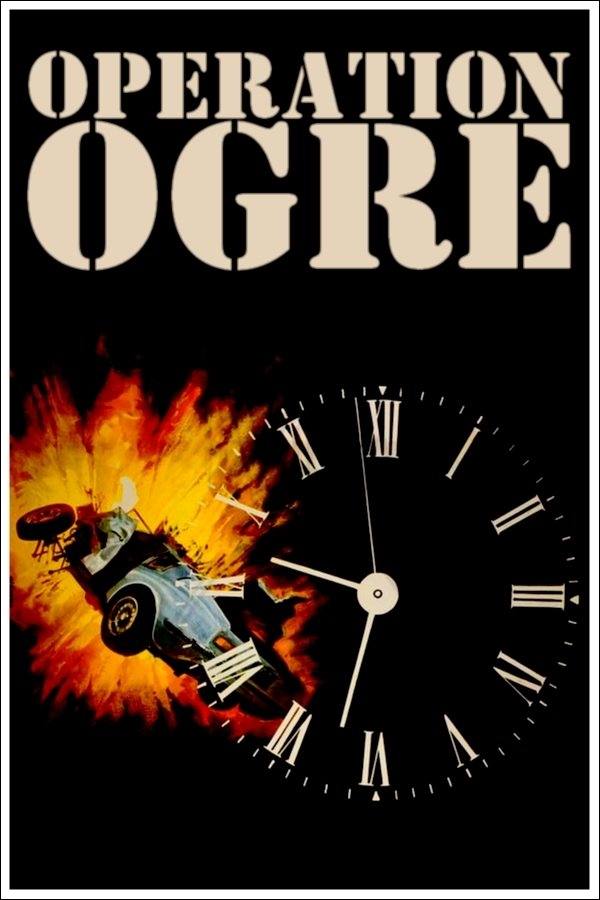
Operation Ogre
Character: Self (archive footage)
Spain, 1973. Dictator Francisco Franco has ruled the country since 1939 with an iron fist; but he is now a very old and sick man. The future of the weakened regime is in danger. Admiral Carrero Blanco is his natural successor. The Basque terrorist gang ETA decides that he must die to prevent the dictatorship from continuing....
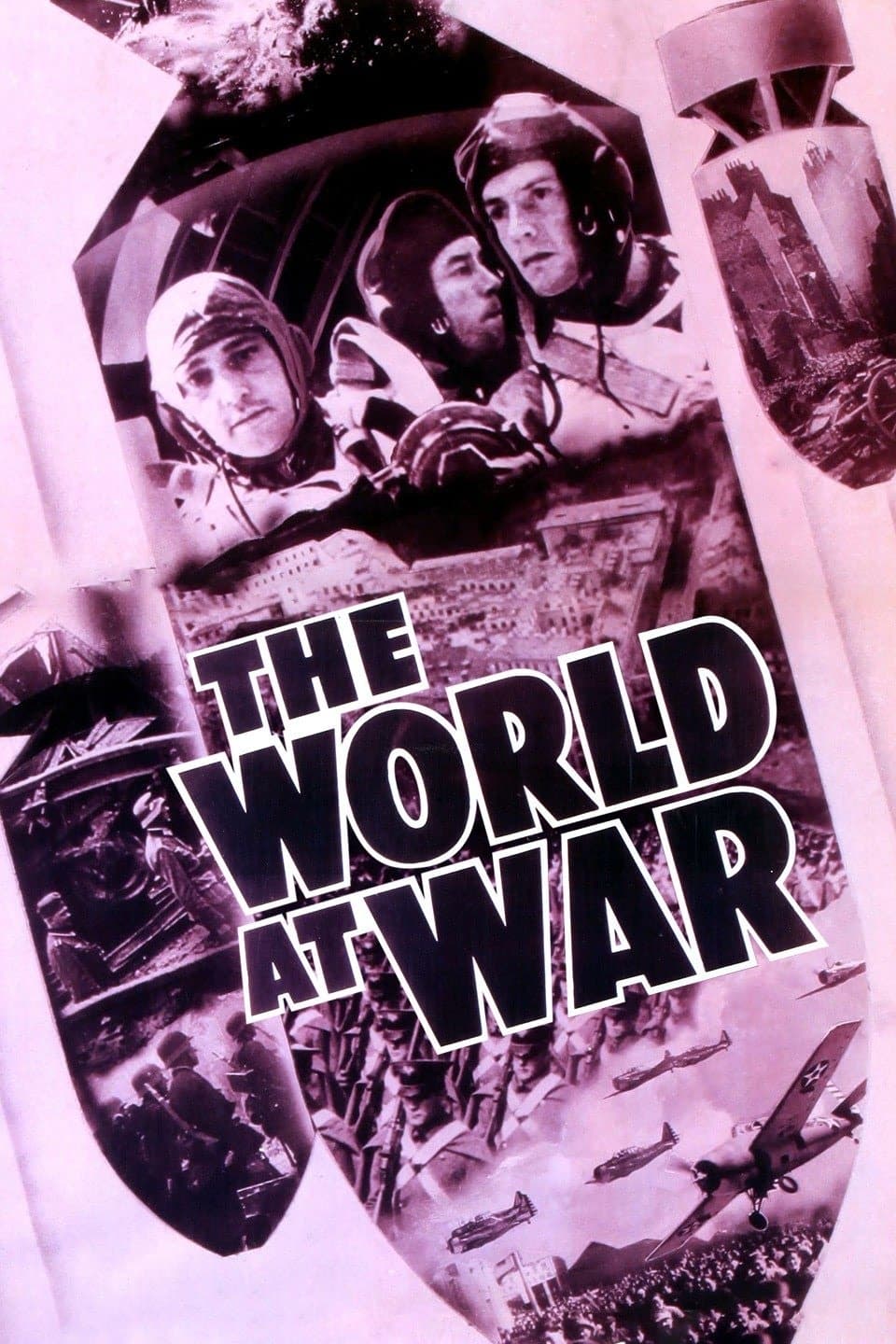
The World at War
Character: Self (archive footage)
Documentary examining the events which led up to the Second World War....
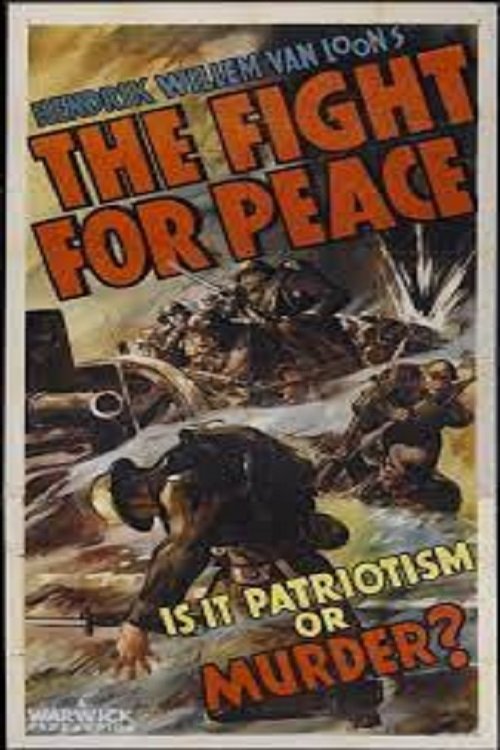
The Fight For Peace
Character: Self (archive footage)
A documentary about the threat of war breaking out in Europe, focusing on Hitler, Stalin and Mussolini....
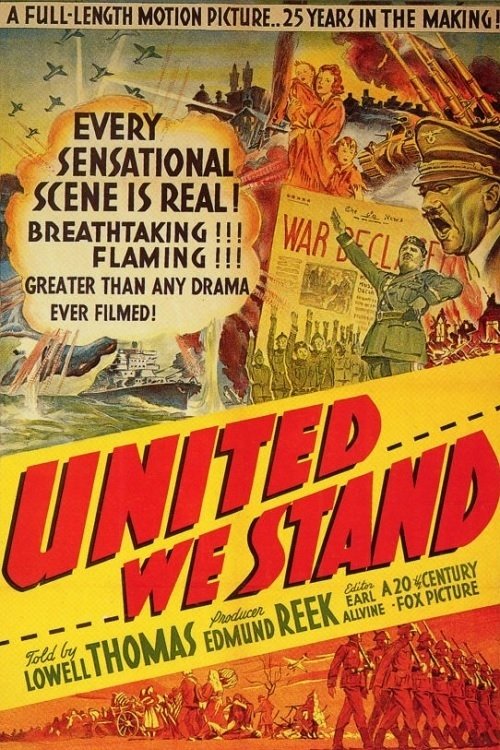
United We Stand
Character: Self (archive footage)
Using newsreel footage, this film reviews world events from the end of World War I to the American entry into World War II and, according to the narration, shows "how, through their disunity, democracies were led, some to destruction and others to the verge of destruction."]...
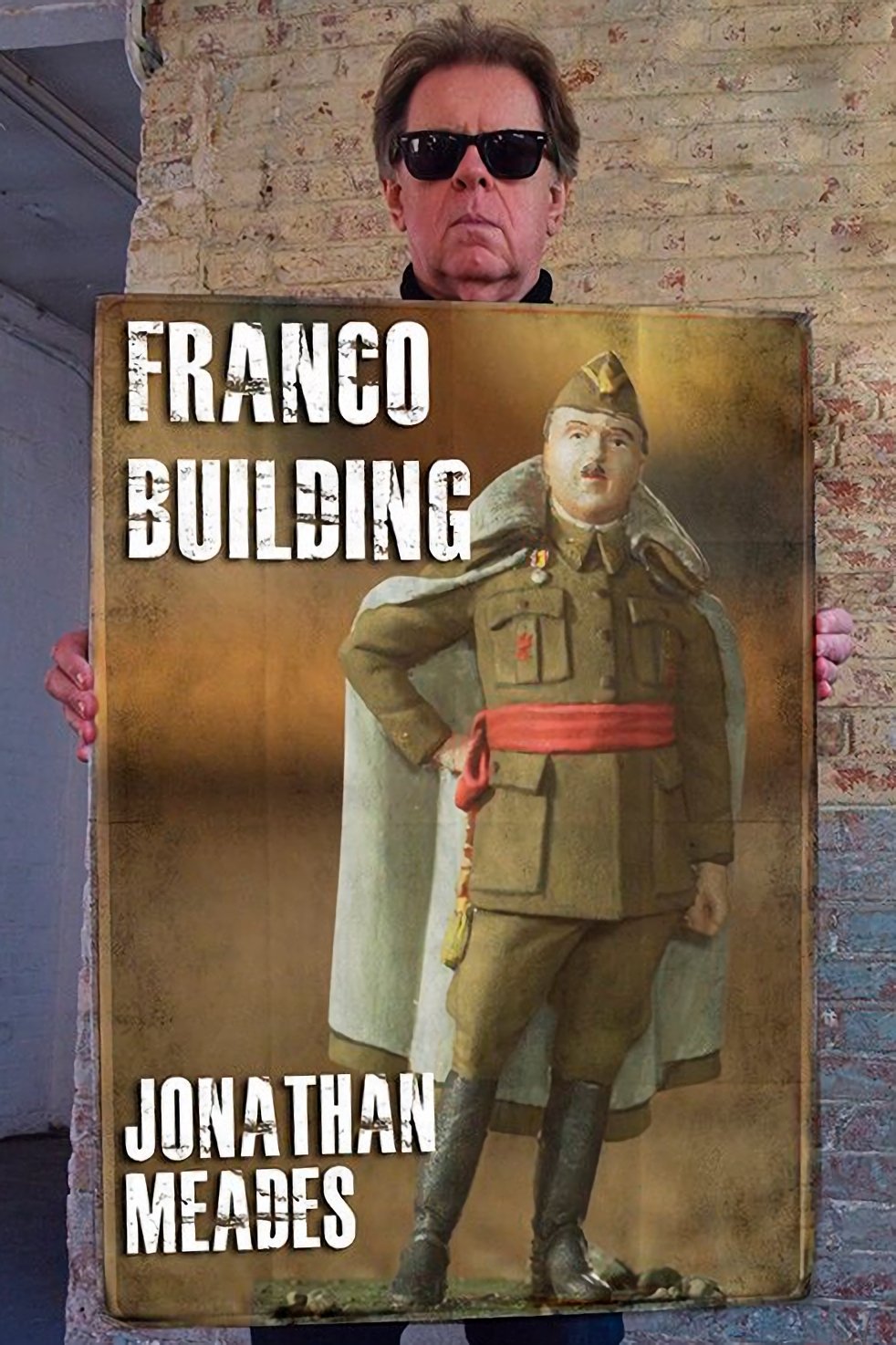
Franco Building with Jonathan Meades
Character: Self (archive footage)
Writer and broadcaster Jonathan Meades turns his gaze onto Spanish dictator Francisco Franco....
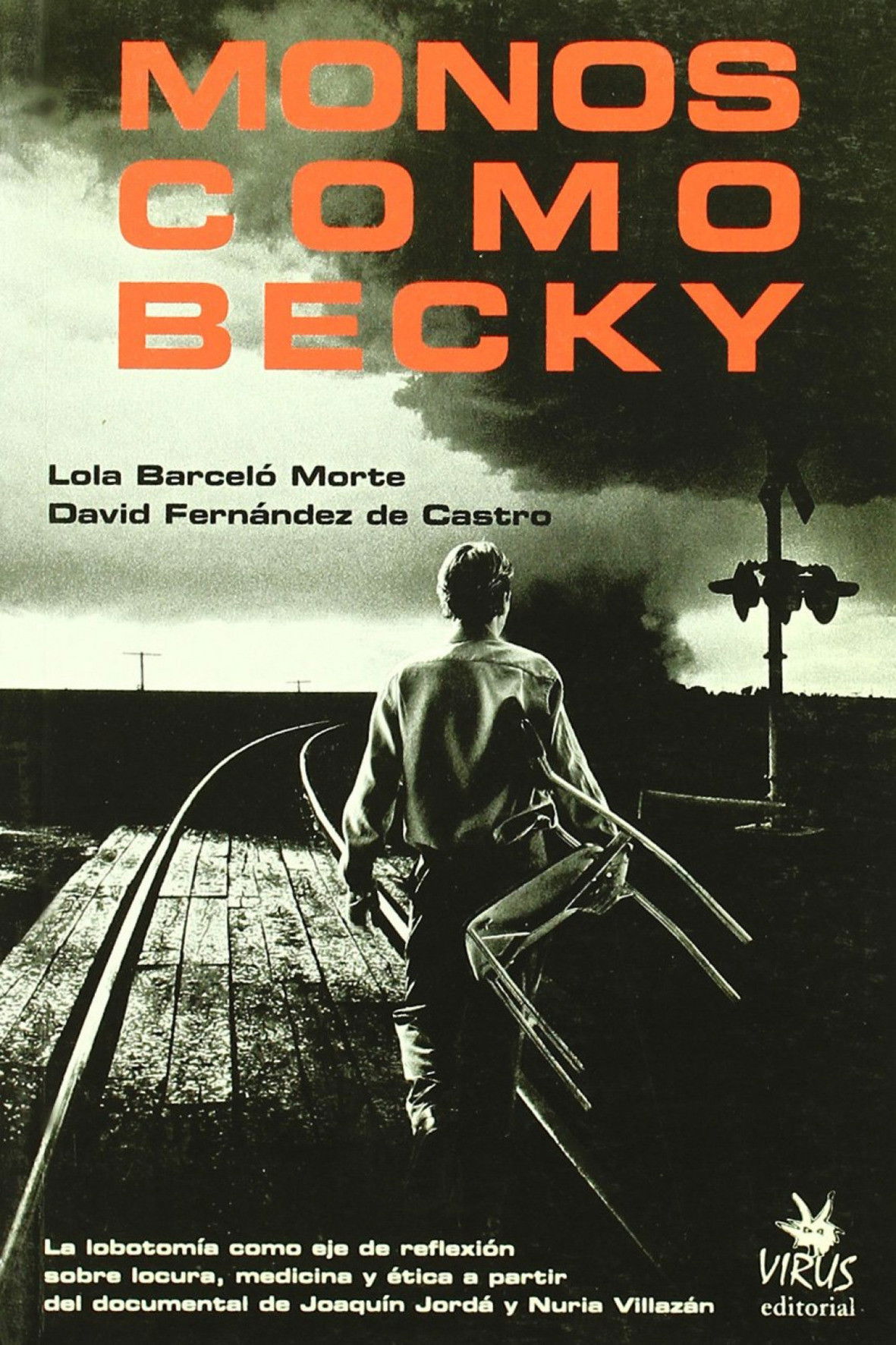
Monkeys Like Becky
Character: Himself (archive footage)
The first part of this documentary deals with the Portuguese neurologist António Egas Moniz, Nobel Prize for Medicine in 1949, one of the first surgeons to apply the technique called lobotomy for the treatment of schizophrenia. The second part deals with the everyday life of people with schizophrenia today: behavior and relationships, and treatment for the disease....

Heroic Spain
Character: Himself (archive footage)
Documentary produced by Falange and edited in Berlin, in response to the international success of the Republican production "Spain 1936" (Le Chanois, 1937)....

Magnicidios Poe
Character: Himself (archive footage)
The sarcastic account of the assassination of five Spanish politicians between 1870 and 1973 is mixed with the narration of five short stories by Edgar Allan Poe illustrated by five skillful pencil artists. A documentary, a video essay, a collage, a provocative experiment where various pop culture figures and icons perform unexpected cameos. The macabre joke of a jester. Never more....
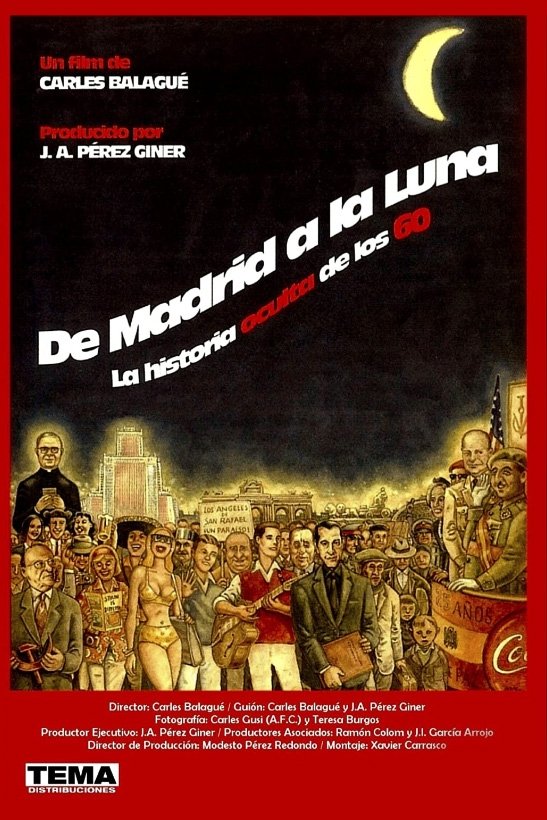
De Madrid a la Luna
Character: Self (archive footage)
...
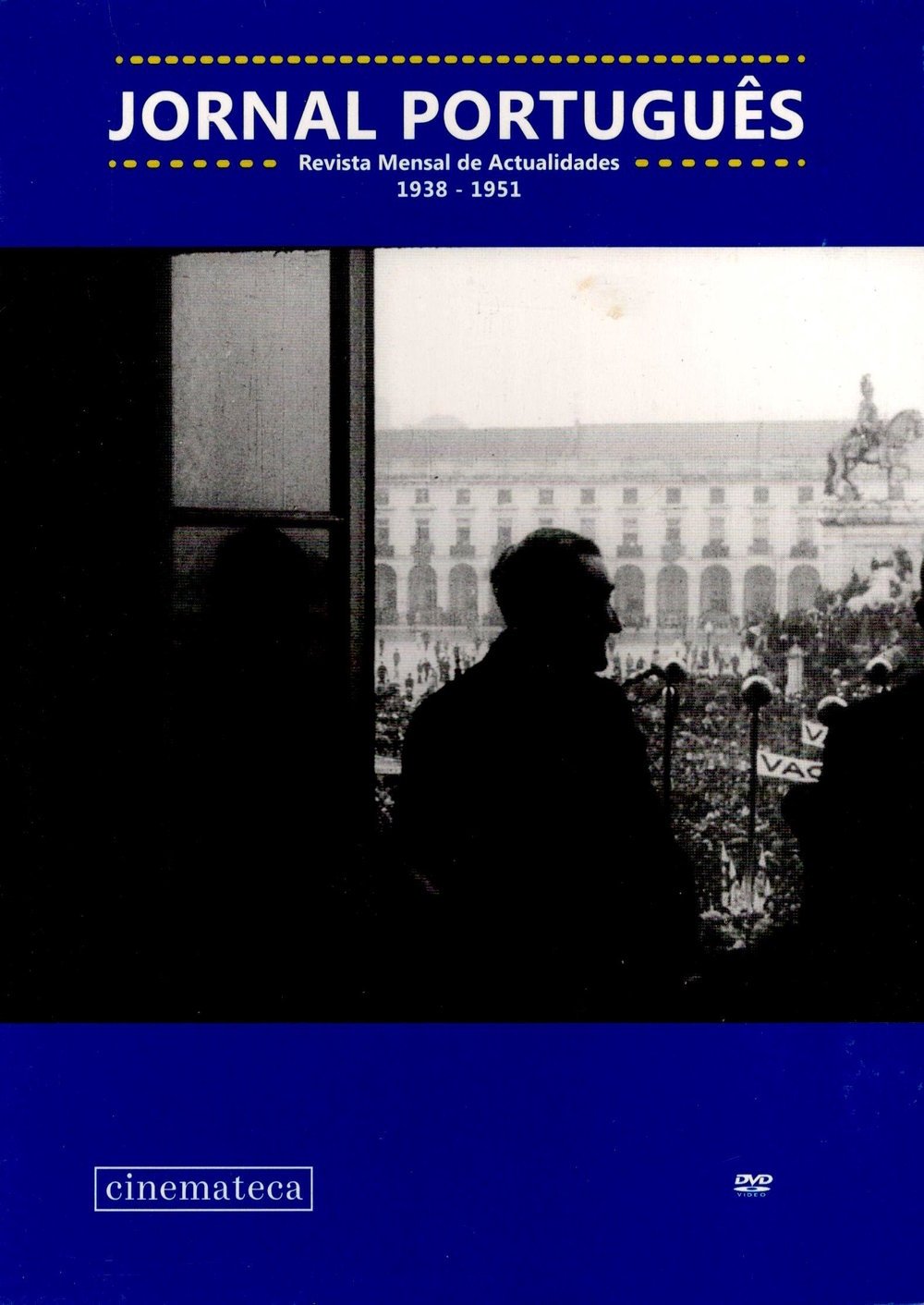
Jornal Português (1938-1951)
Character: Self (archive footage)
The newsreel series Jornal Português (1938-1951) was produced for the Secretariat of National Propaganda (SPN/SNI) by the "Portuguese Newsreel Society" (SPAC), under the technical supervision of António Lopes Ribeiro. It was conceived and employed as part of the propaganda machinery of Salazar's regime. Screened in cinema theatres prior to the main feature film, each issue of Jornal had approximately ten minutes in length and covered a variety of official government acts, national political new...

Amour de vivre
Character: Self (archive footage)
An account of the brief life of the writer Albert Camus (1913-1960), a Frenchman born in Algeria: his Spanish origin on the isle of Menorca, his childhood in Algiers, his literary career and his constant struggle against the pomposity of French bourgeois intellectuals, his communist commitment, his love for Spain and his opposition to the independence of Algeria, since it would cause the loss of his true home, his definitive estrangement....
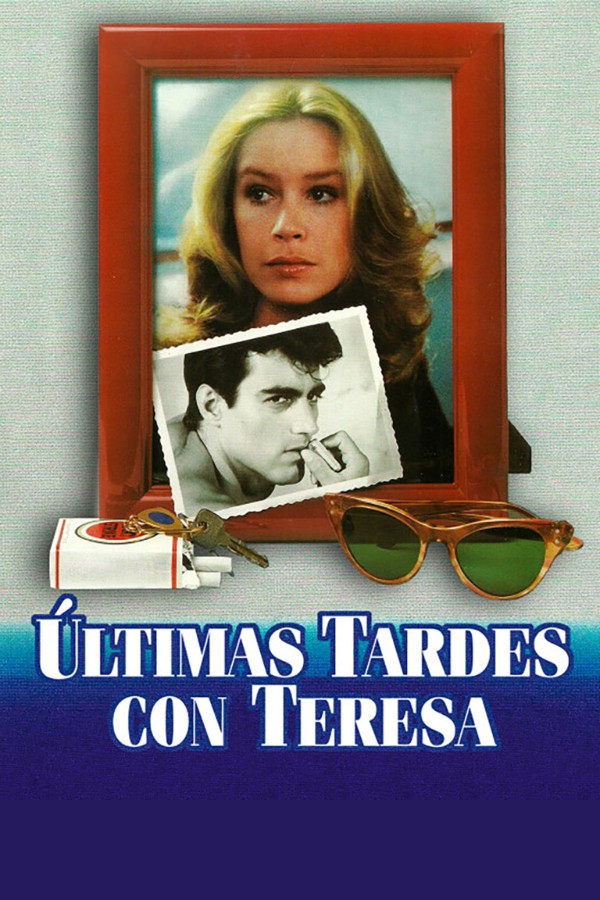
Últimas tardes con Teresa
Character: Himself (archive footage) (uncredited)
Adapted from the novel by Juan Marse, the film shows two distant worlds in the Spain of the 50's, the suburban and the bourgeois, which are related through two characters, Manolo Reyes, vulgar motorcycle thief who aspires to escape poverty and Teresa Serrat, university student of bourgeois extraction seduced by the revolutionary cause....
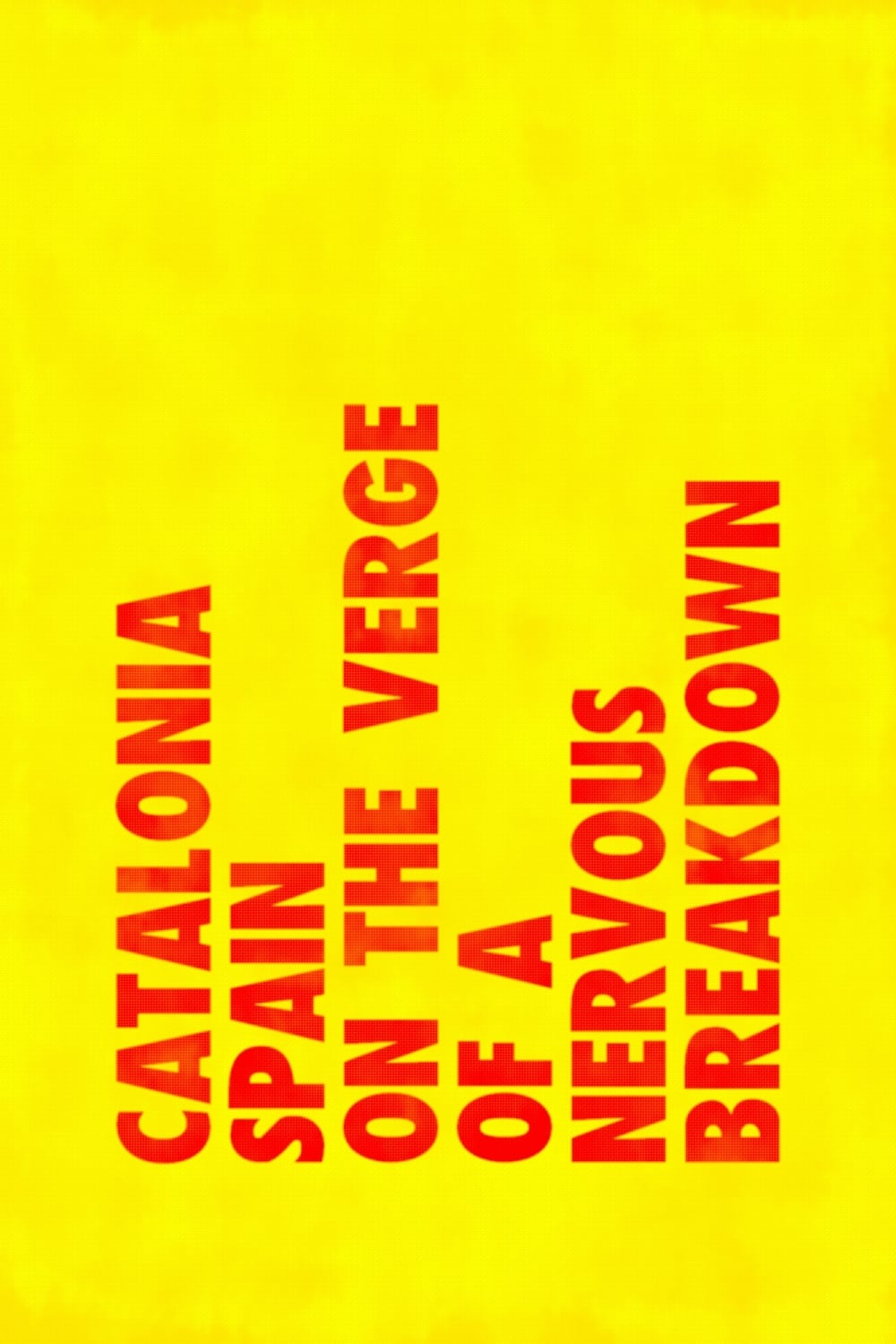
Catalonia: Spain on the Verge of a Nervous Breakdown
Character: Self - Politician (archive footage)
A serious crisis has shaken Spain since the referendum on self-determination and the proclamation of the independence of Catalonia by the government of Carles Puigdemont, bold actions firmly fought by the Spanish government by applying the constitutional article that allows it to place a region under guardianship. While Spain is on the verge of implosion, Europe is holding its breath....
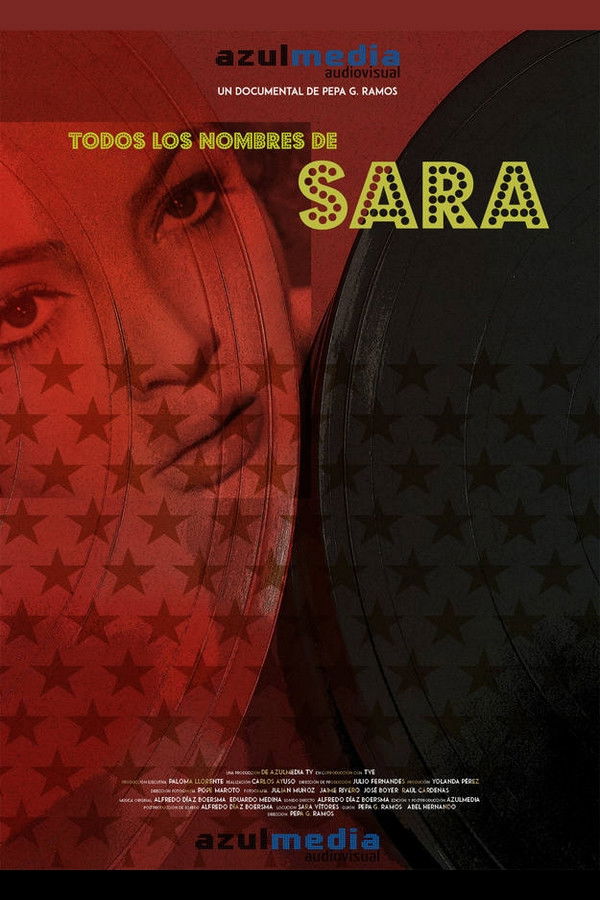
Todos los nombres de Sara
Character: Self - Politician (archive footage)
Born in Campo de Criptana, a small village in the Spanish region of La Mancha, Sara Montiel (1928-2013) conquered Mexico, Hollywood, and the hearts of people. The recognition of an unparalleled professional career, an intimate dialogue with a tireless worker who took the stage at the age of twelve and never got off. A movie star who seduced millions of viewers around the world, a singer who reinvented a musical genre, a woman who broke the mold…...
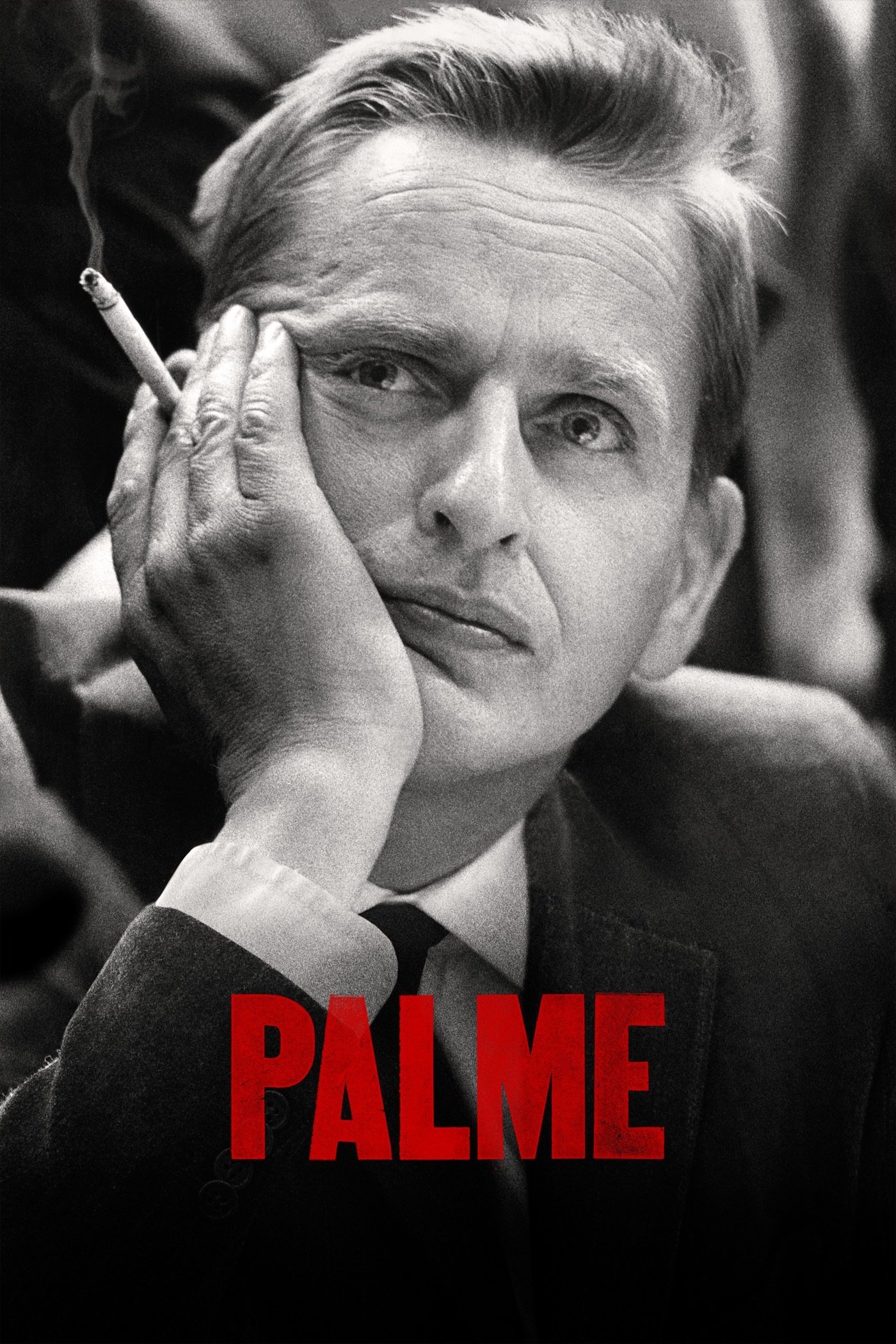
Palme
Character: Self
Swedish Prime Minister Olof Palme was openly shot to death on a February evening 1986 on the streets of Stockholm. In one night, the country of Sweden was transfigured. “Palme” is about his life, his time, and about the Sweden he had created. About a man who altered history....
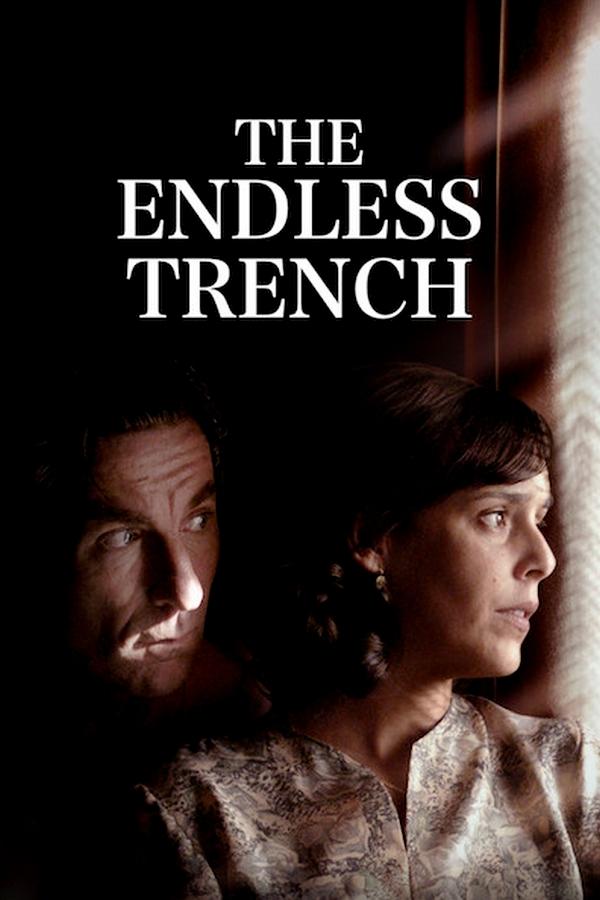
The Endless Trench
Character: Himself (archive footage)
A small village in Huelva, Andalusia, Spain, 1936. Higinio and Rosa have been married only for a few months when the Civil War breaks out. Higinio, being afraid of possible reprisals from the rebel faction, decides to use a hole dug in his own house as a temporary hideout....

The Most Dangerous Man in Europe: Otto Skorzeny's After War
Character: Self - Politician (archive footage)
Waffen-SS officer Otto Skorzeny (1908-75) became famous for his participation in daring military actions during World War II. In 1947 he was judged and imprisoned, but he escaped less than a year later and found a safe haven in Spain, ruled with an iron hand by General Francisco Franco. What did he do during the many years he spent there?...
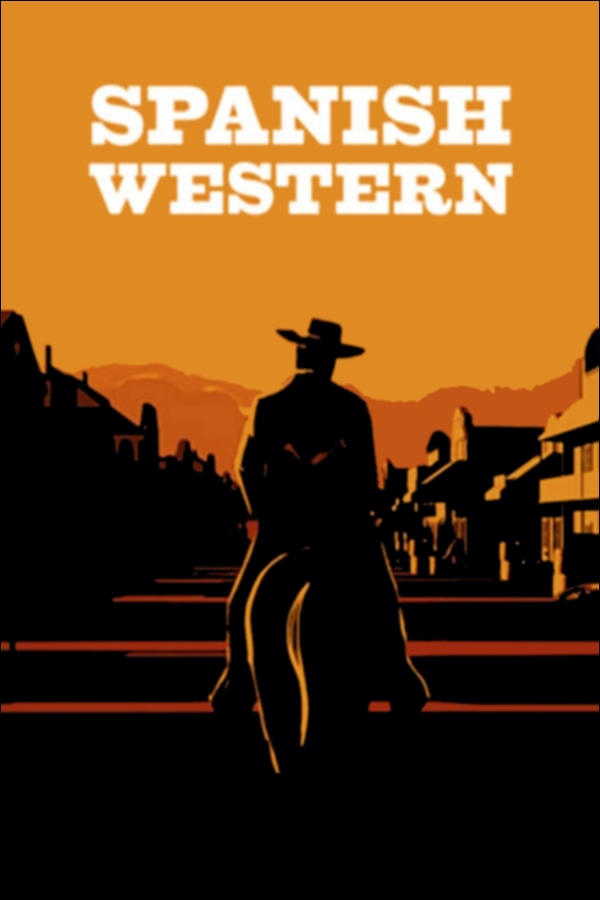
Spanish Western
Character: Self (archive footage)
A vindication of the role of the technicians and artists who made spaghetti western genre possible, and a walk through the landscapes that made it possible to recreate in Spain, mainly in the desert of Almería, hundreds of adventures set in the remote American Far West....
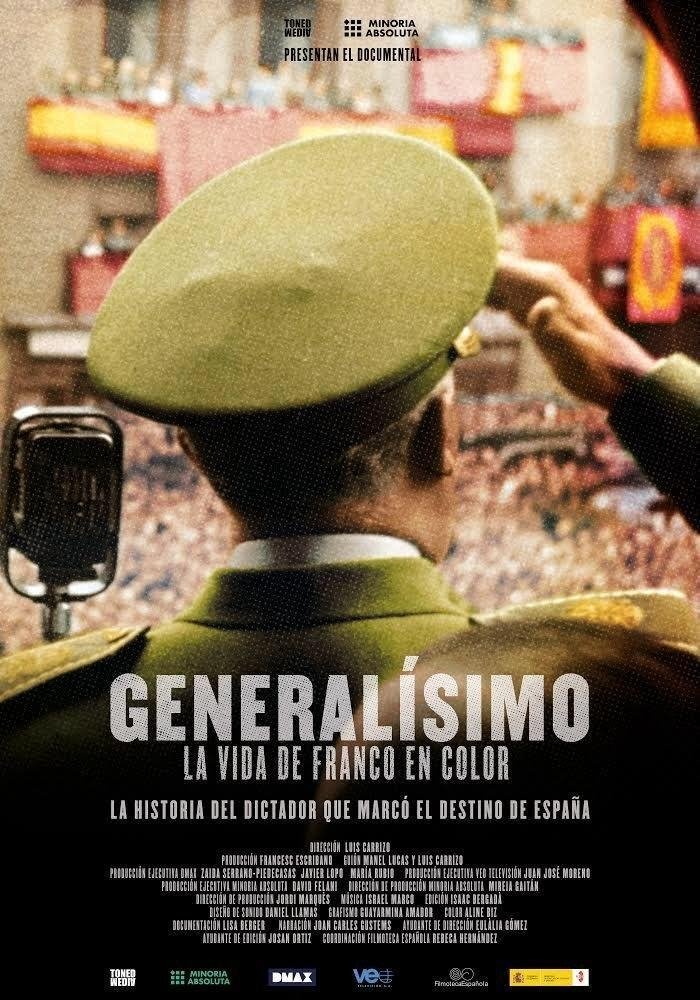
Generalísimo, la vida de Franco en color
Character: Self (archive footage)
...
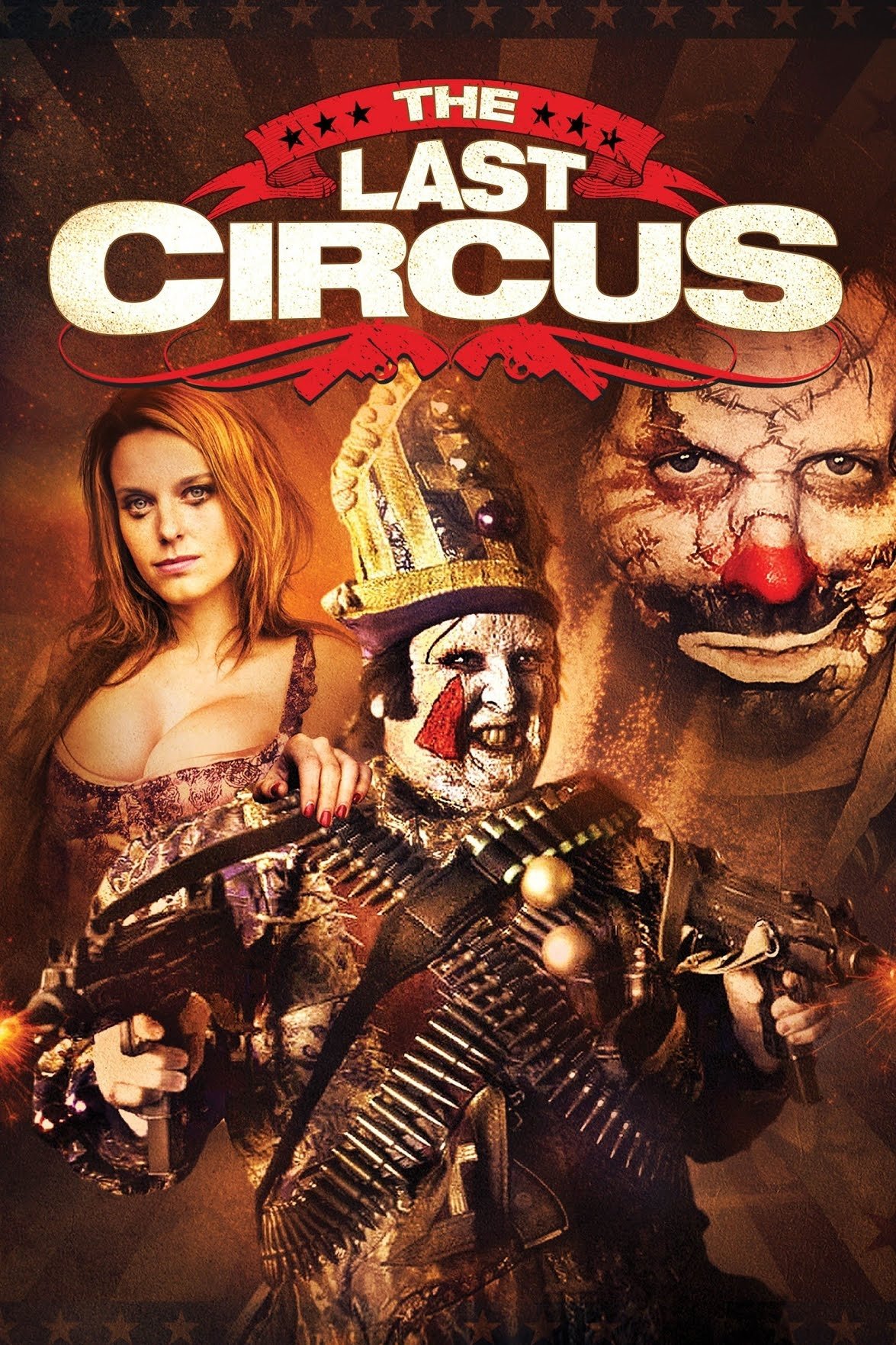
The Last Circus
Character: Self (archive footage) (uncredited)
A trapeze artist must decide between her lust for Sergio, the Happy Clown, or her affection for Javier, the Sad Clown, both of whom are deeply disturbed....
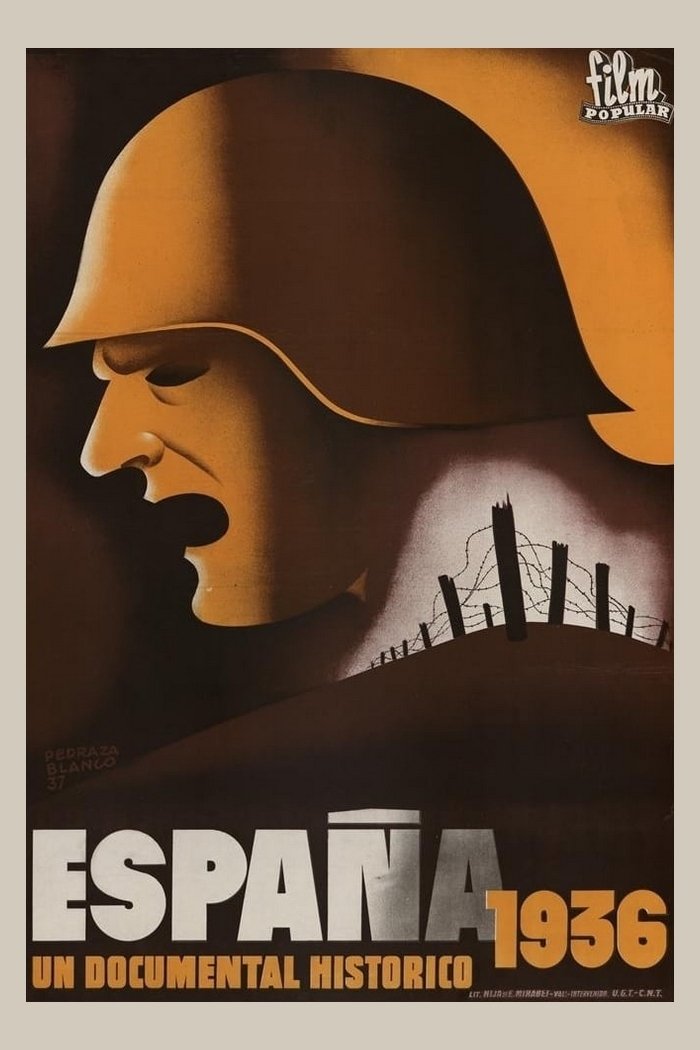
Spain 1936
Character: Archive footage
A Spanish documentary from Jean-Paul Le Chanois & Luis Buñuel made during the Spanish Civil War....
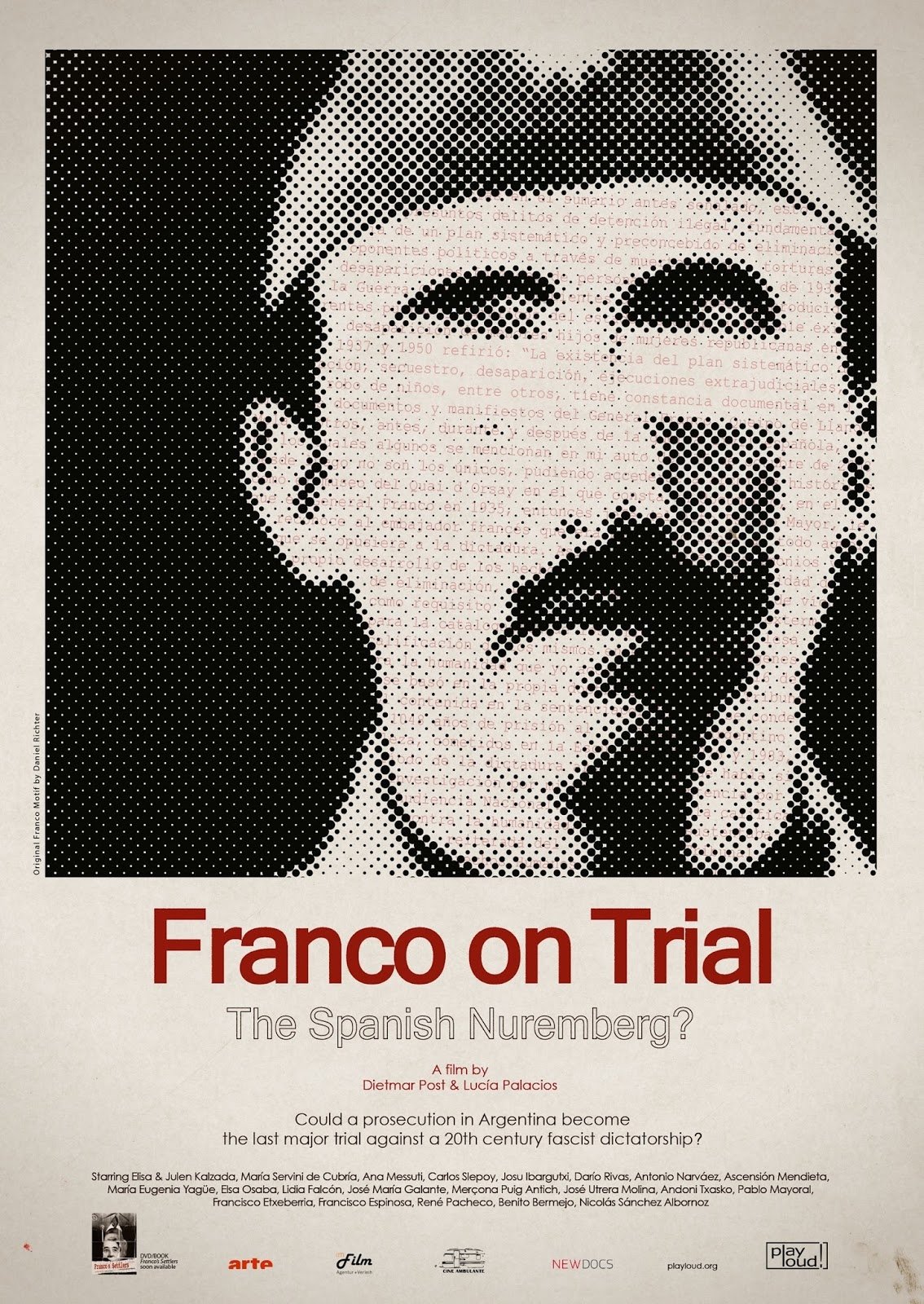
Franco on Trial: The Spanish Nuremberg?
Character: Self (archive footage)
Franco on Trial is the new film by Dietmar Post and Lucía Palacios. After the success of Franco's Settlers, their first encounter with Franco's dictatorship, they are now setting their sights on one of the darkest chapters of European history: the presumed organized extermination that took place during the coup, the war, and the subsequent dictatorship led by Franco, as well as Argentina's current effort, by invoking the principle of universal jurisdiction, to prosecute Francoists accused of com...
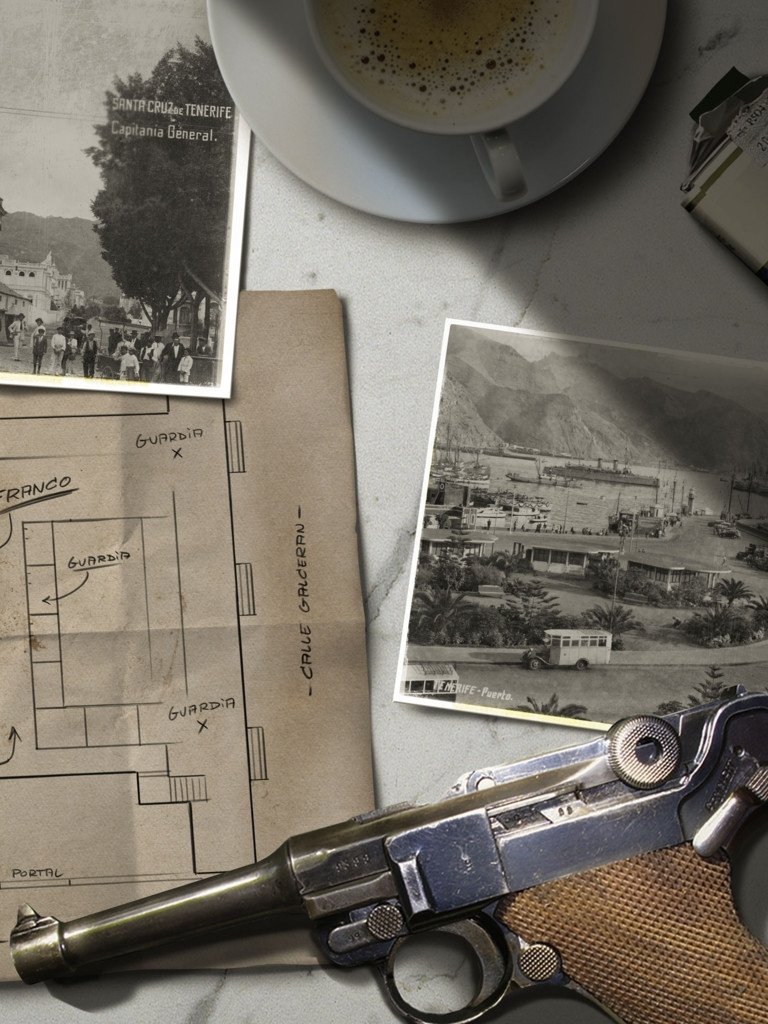
Assassinating Franco
Character: Self (archive footage)
Documentary about the attempts to assassinate Franco...
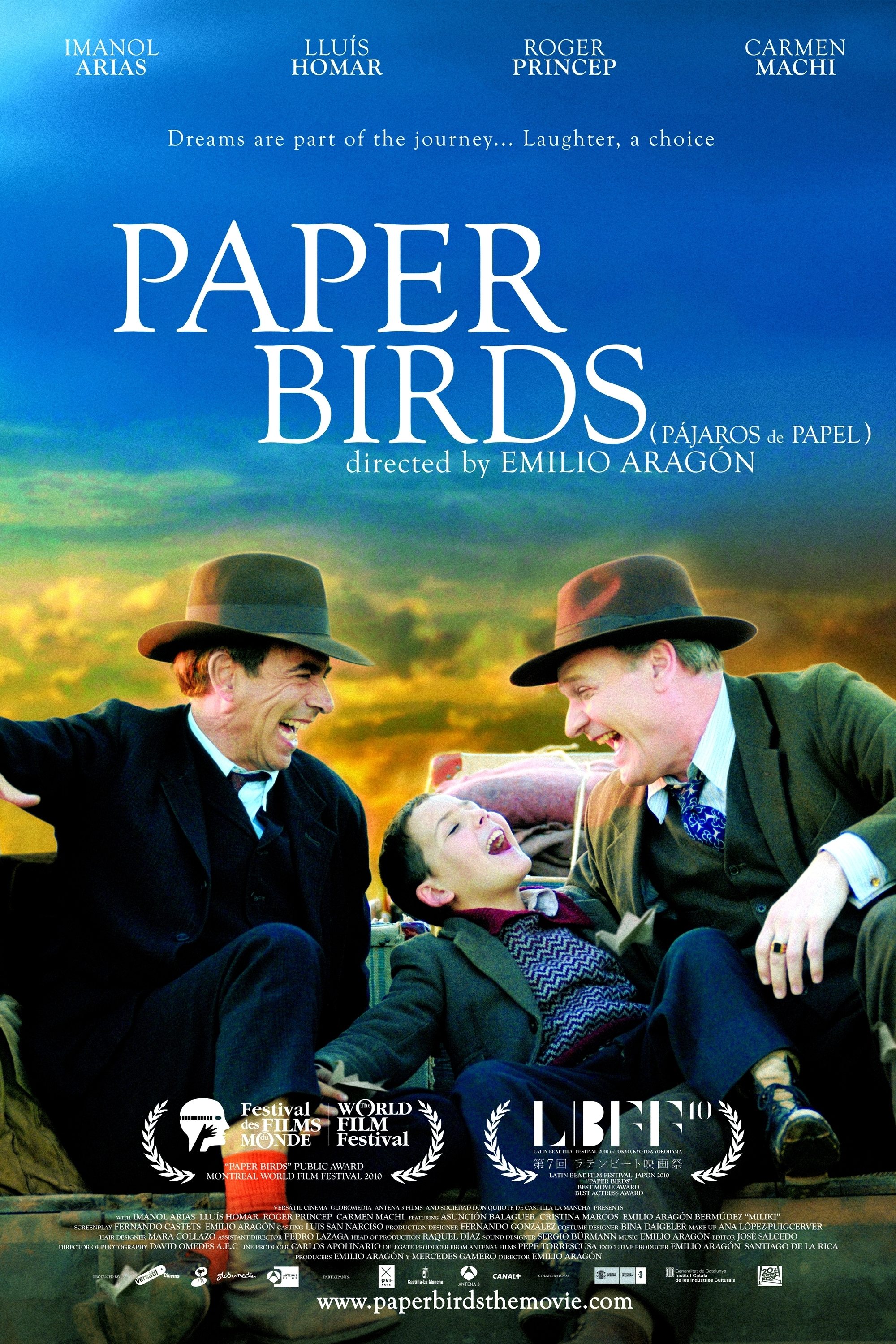
Paper Birds
Character: Self - Politician (archive footage)
At the end of the Spanish Civil War, the members of a group of vaudeville performers have been stripped of everything: all they have left is hunger and the instinct to survive. Day after day, agonizingly, lost and helpless between the victors and the vanquished, the musician Jorge, the ventriloquist Enrique, the couplet singer Rocío and the orphan Miguel search tirelessly for something to eat and a safe place to live....
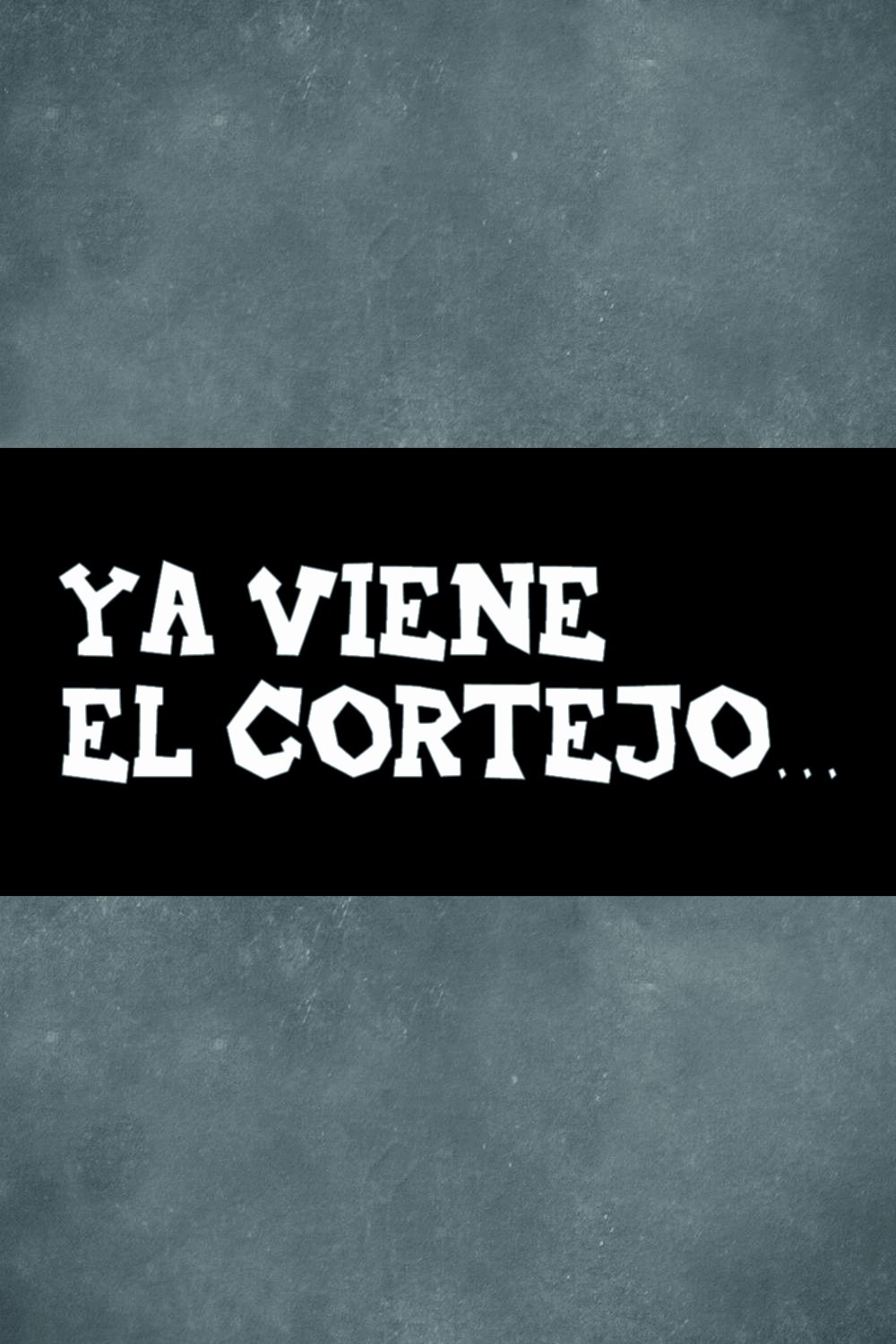
Ya viene el cortejo…
Character: Self - Politician (archive footage)
Women from the different Spanish regions dress in their traditional costumes to attend the triumphal parade celebrating the victory of Francisco Franco and the rebel side over the Second Republic in 1939; the deeds of past heroes are remembered; and a patriotic poem by Nicaraguan poet Rubén Darío is recited....
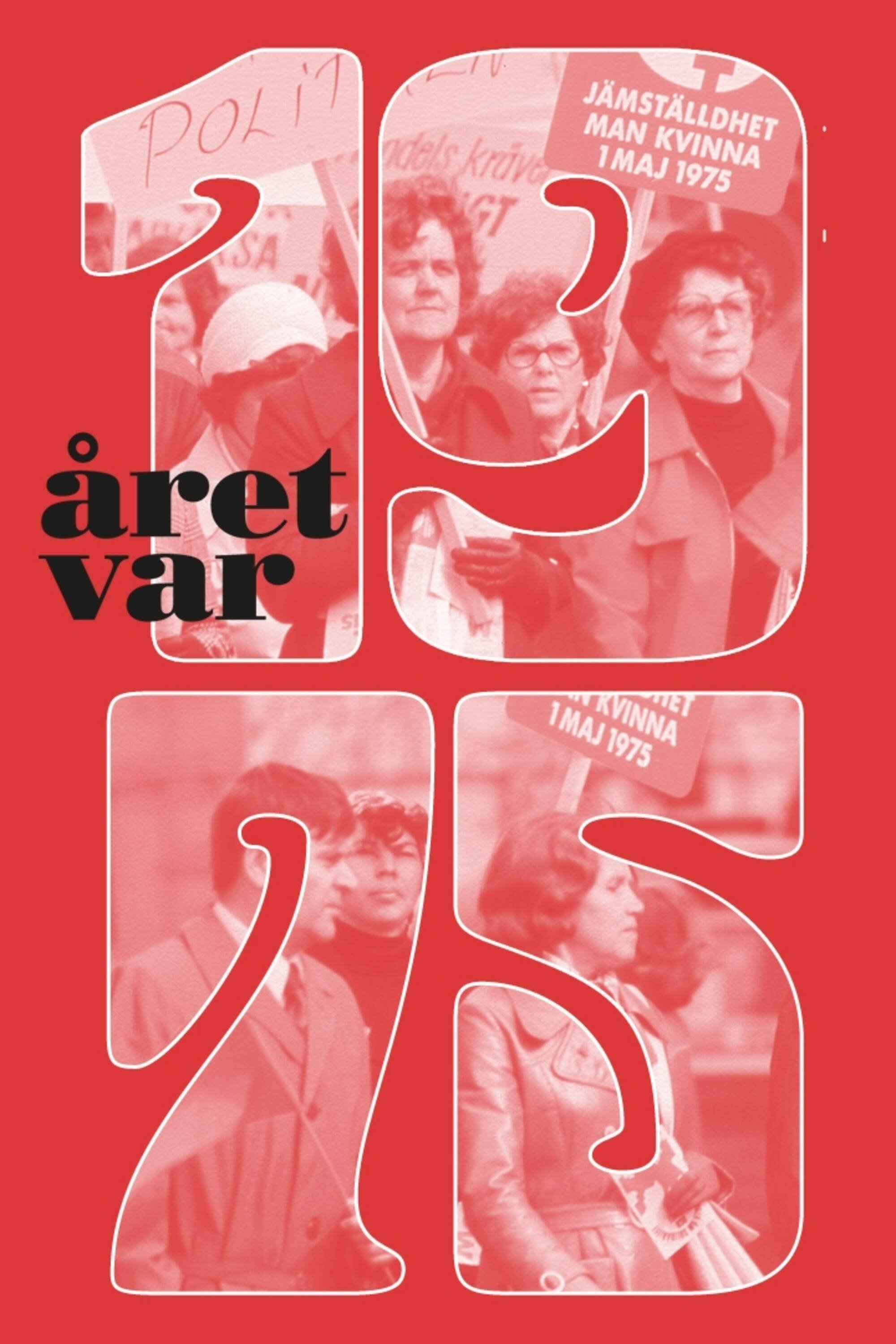
Året var 1975
Character: Self (archive footage)
This is the year when the Vietnam War ends and terrorists take over the West German embassy in Stockholm. On TV, Staffan Westerberg's "Vilse i Pannkakan" coincides with Ingmar Bergman's "The Magic Flute". Despite the cold war, the USA and the Soviet Union take the opportunity to meet - in space! And Davis Cup tennis is played in Båstad. Sweden meets Chile and the police fear riots. This and much more in "The year was 1975" by Jonas Fohlin and Eva Tillberg....
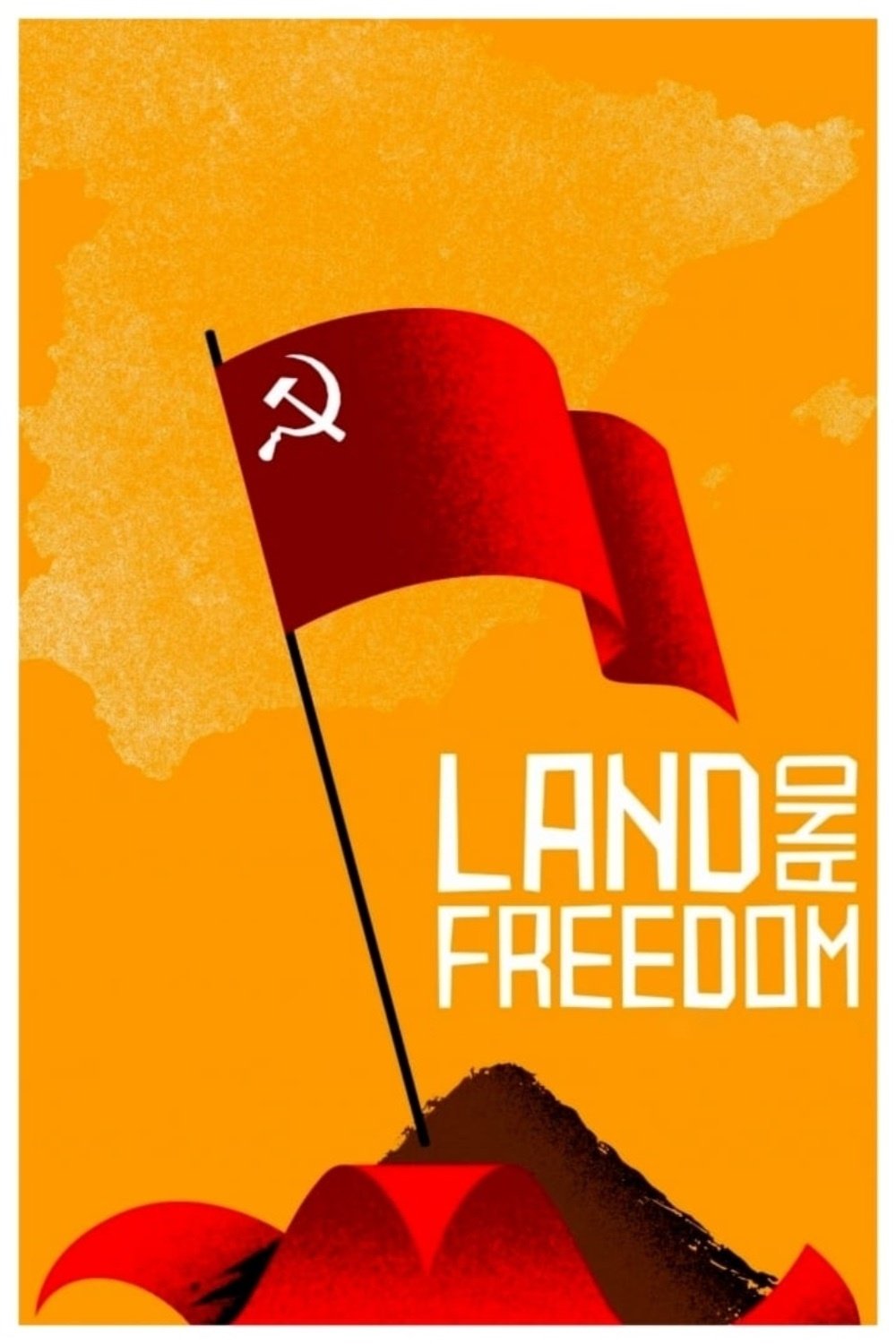
Land and Freedom
Character: Self (archive footage) (uncredited)
David Carr is a British Communist who is unemployed. In 1936, when the Spanish Civil War begins, he decides to fight for the Republican side, a coalition of liberals, communists and anarchists, so he joins the POUM militia and witnesses firsthand the betrayal of the Spanish revolution by Stalin's followers and Moscow's orders....
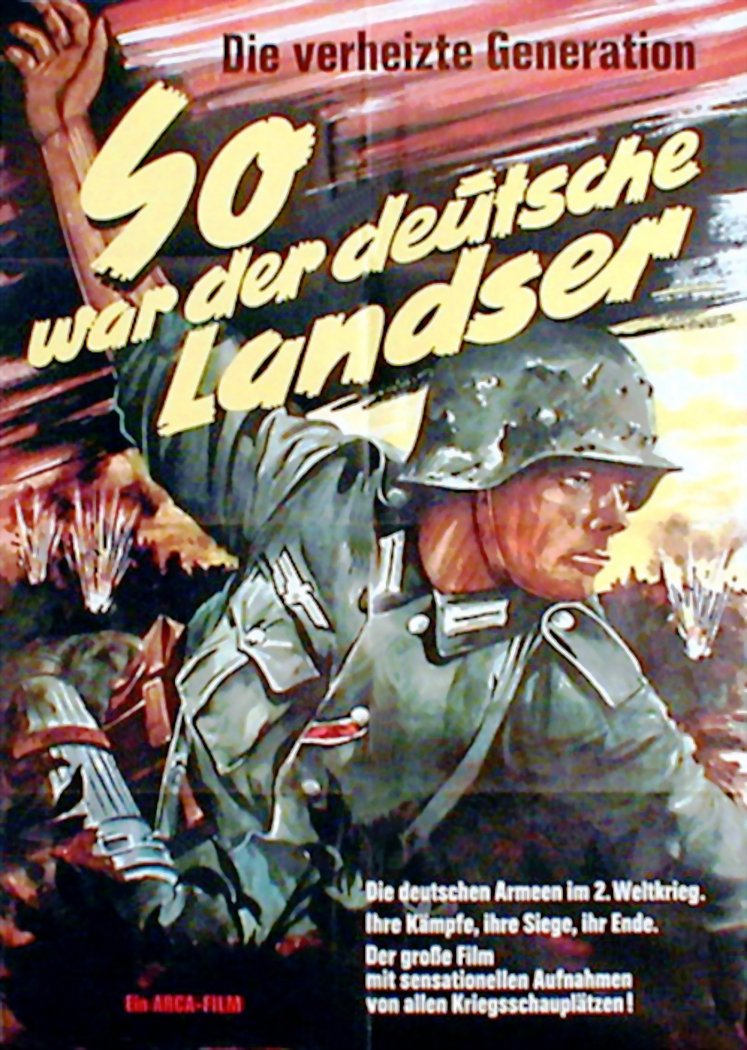
So war der deutsche Landser
Character: Self (archive footage)
...
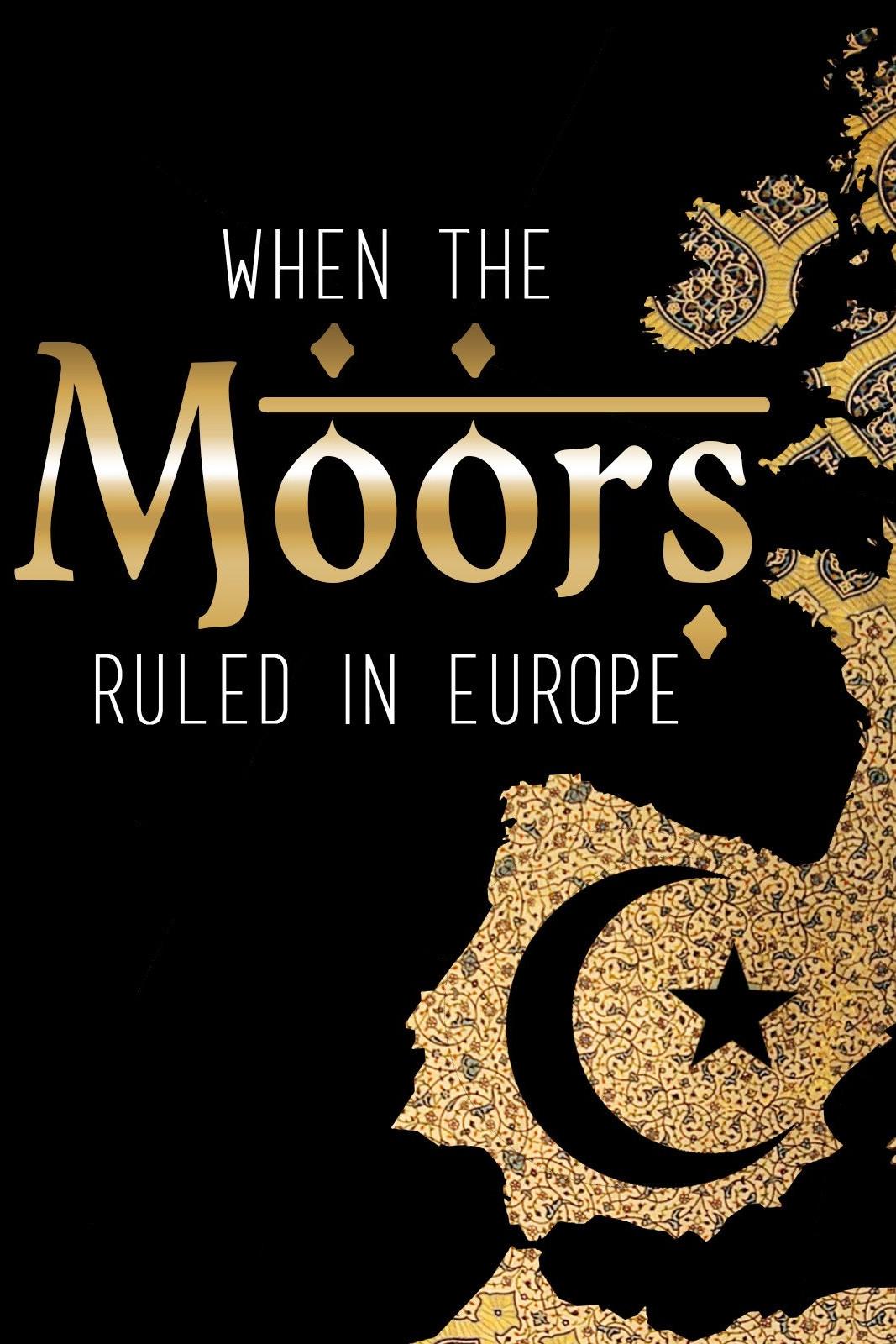
When the Moors Ruled in Europe
Character: Self (archive footage)
A documentary movie covering the 700-year reign in Spain and Portugal of the Moors. It focus on Andlucia and specifically Fes, Granada and Cordoba....